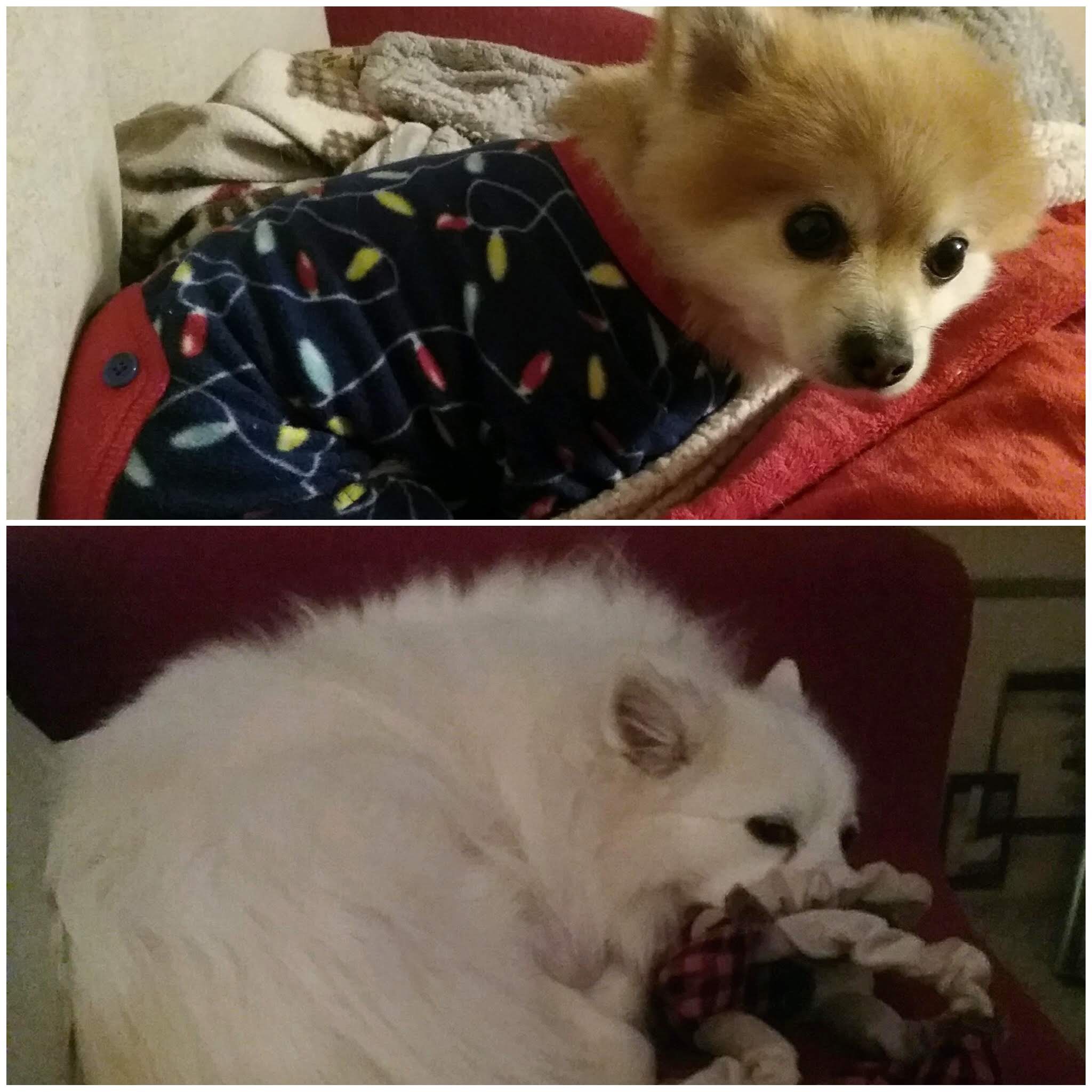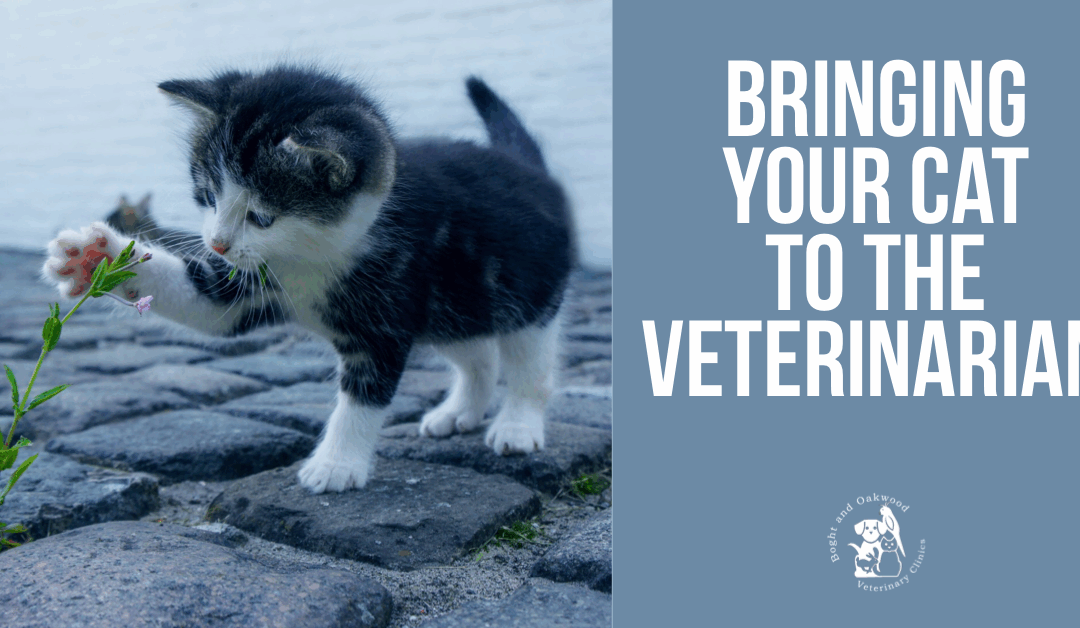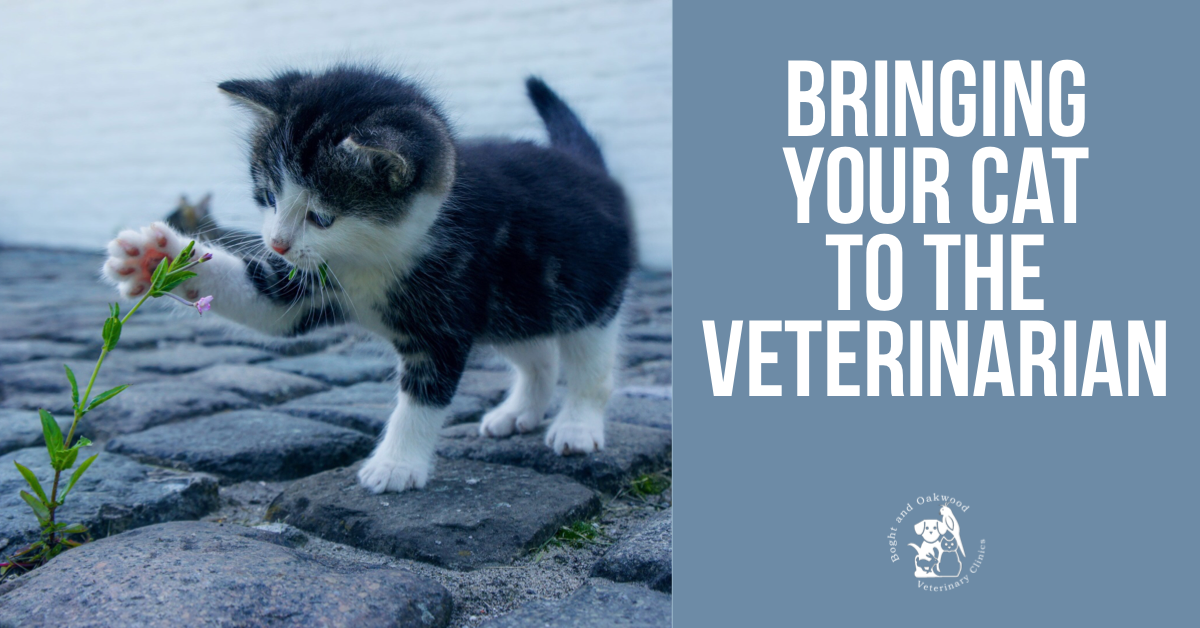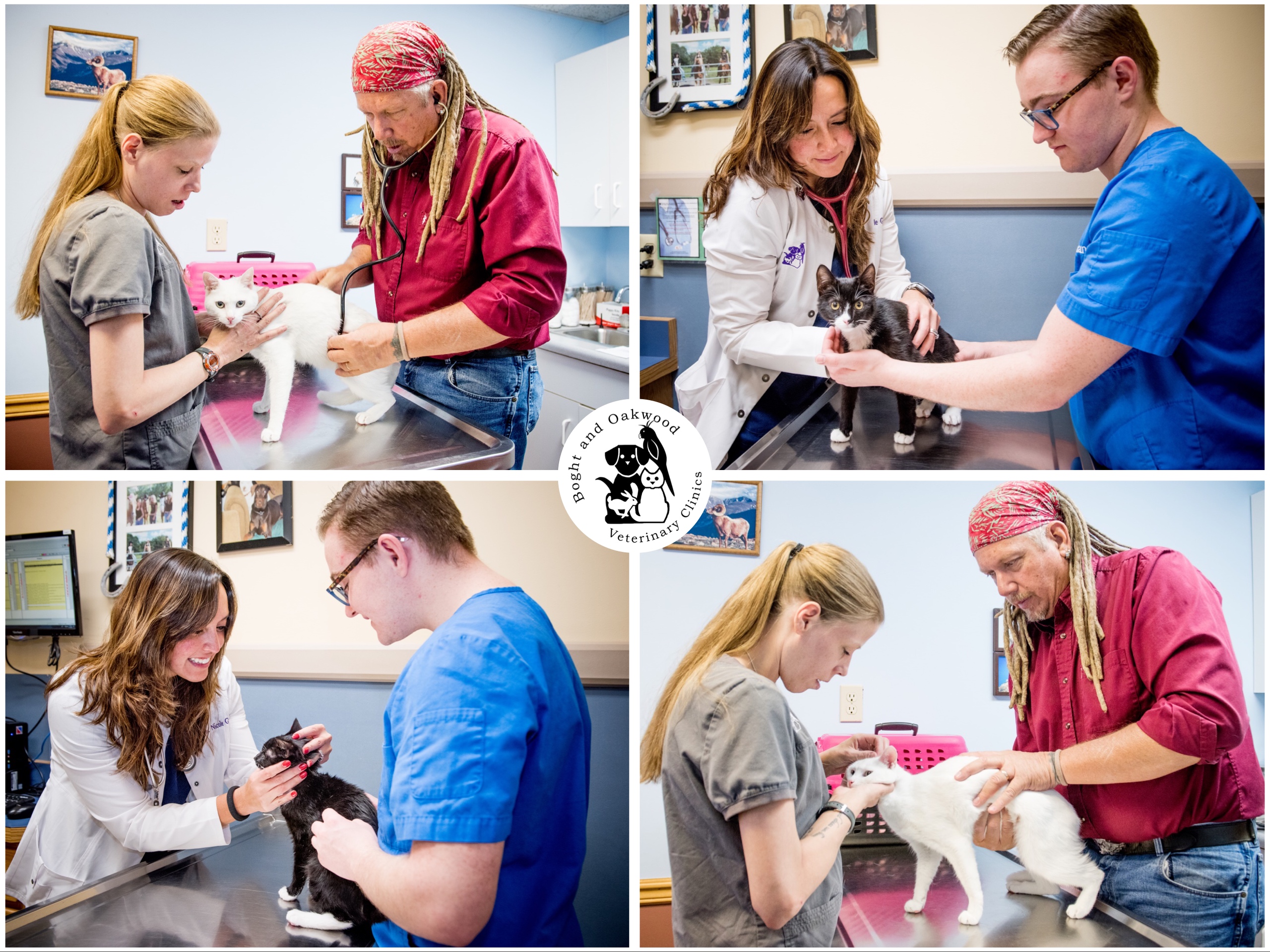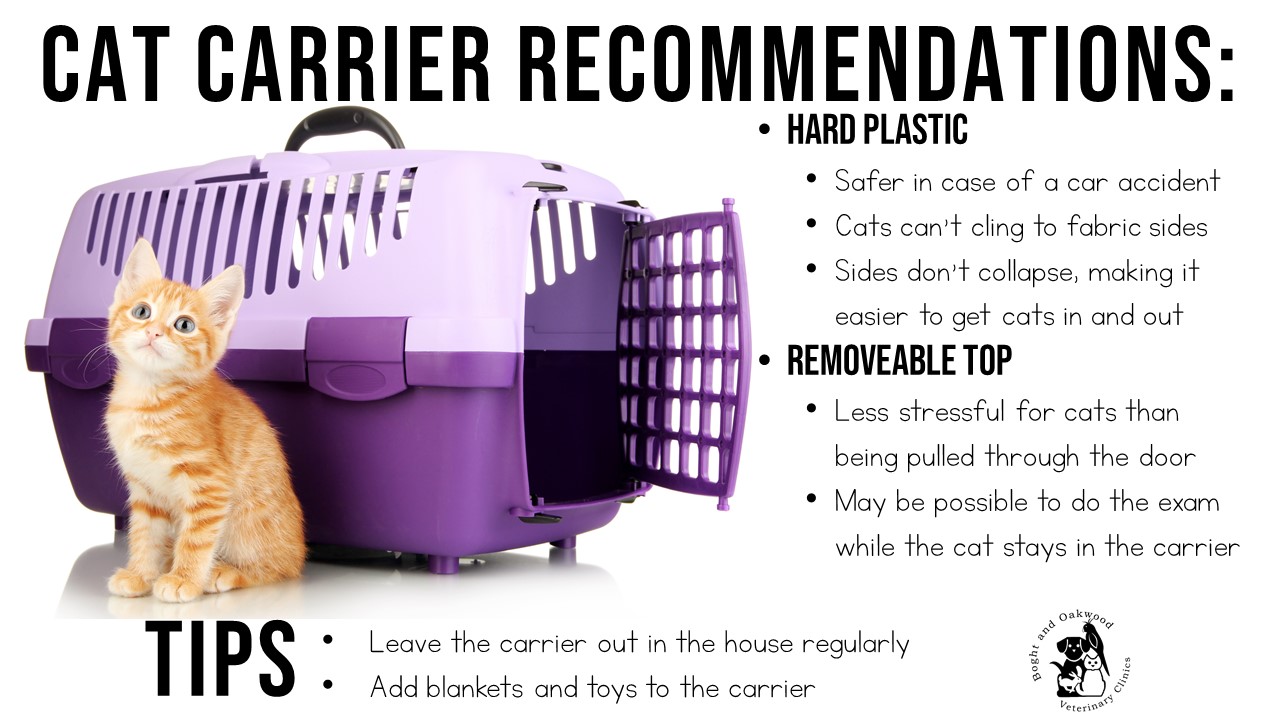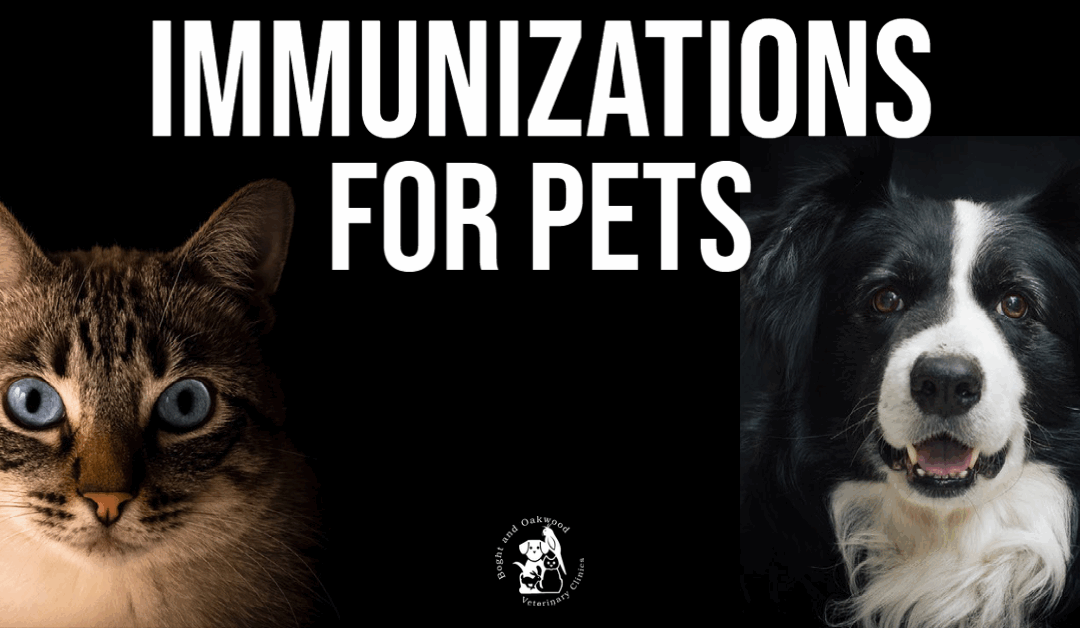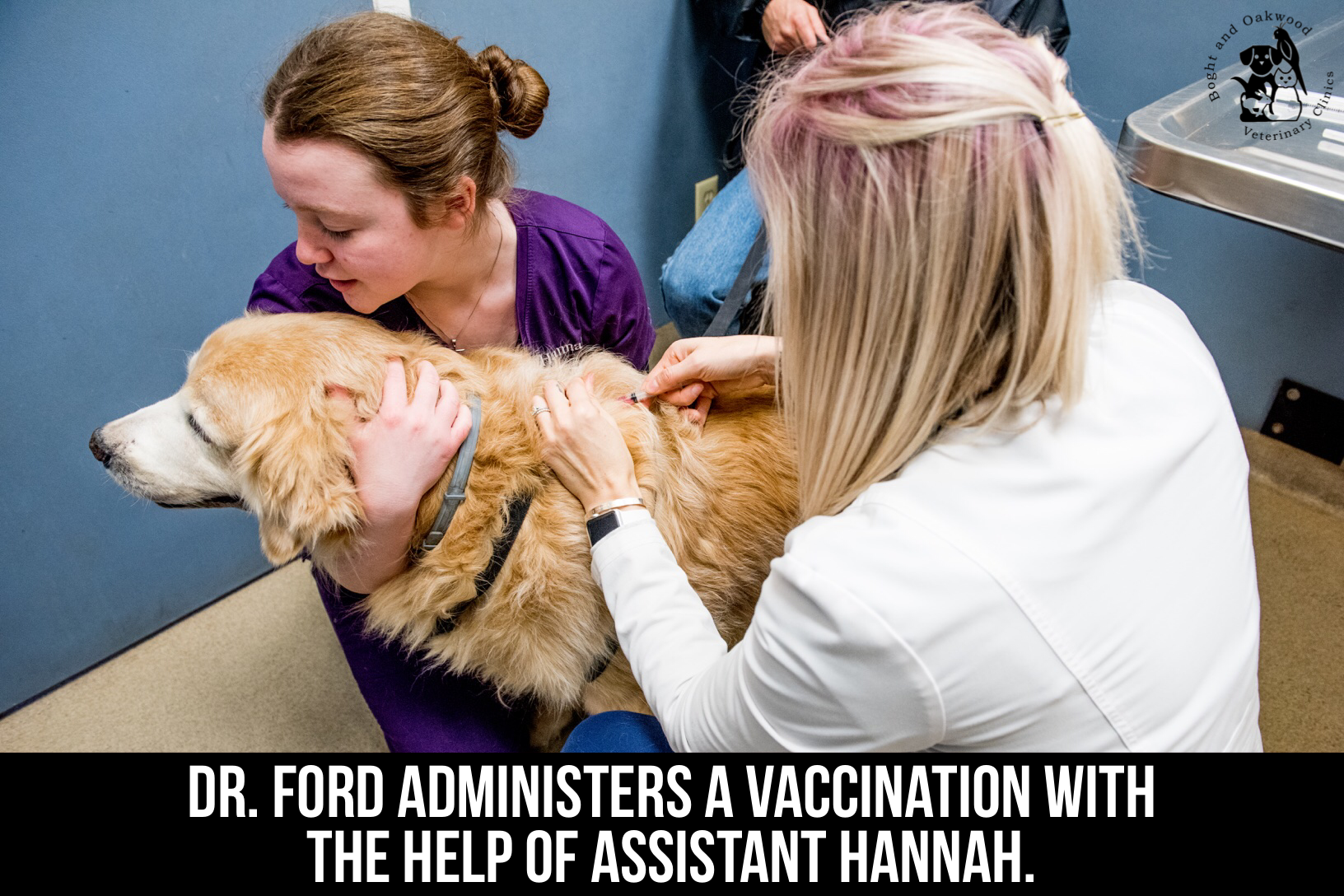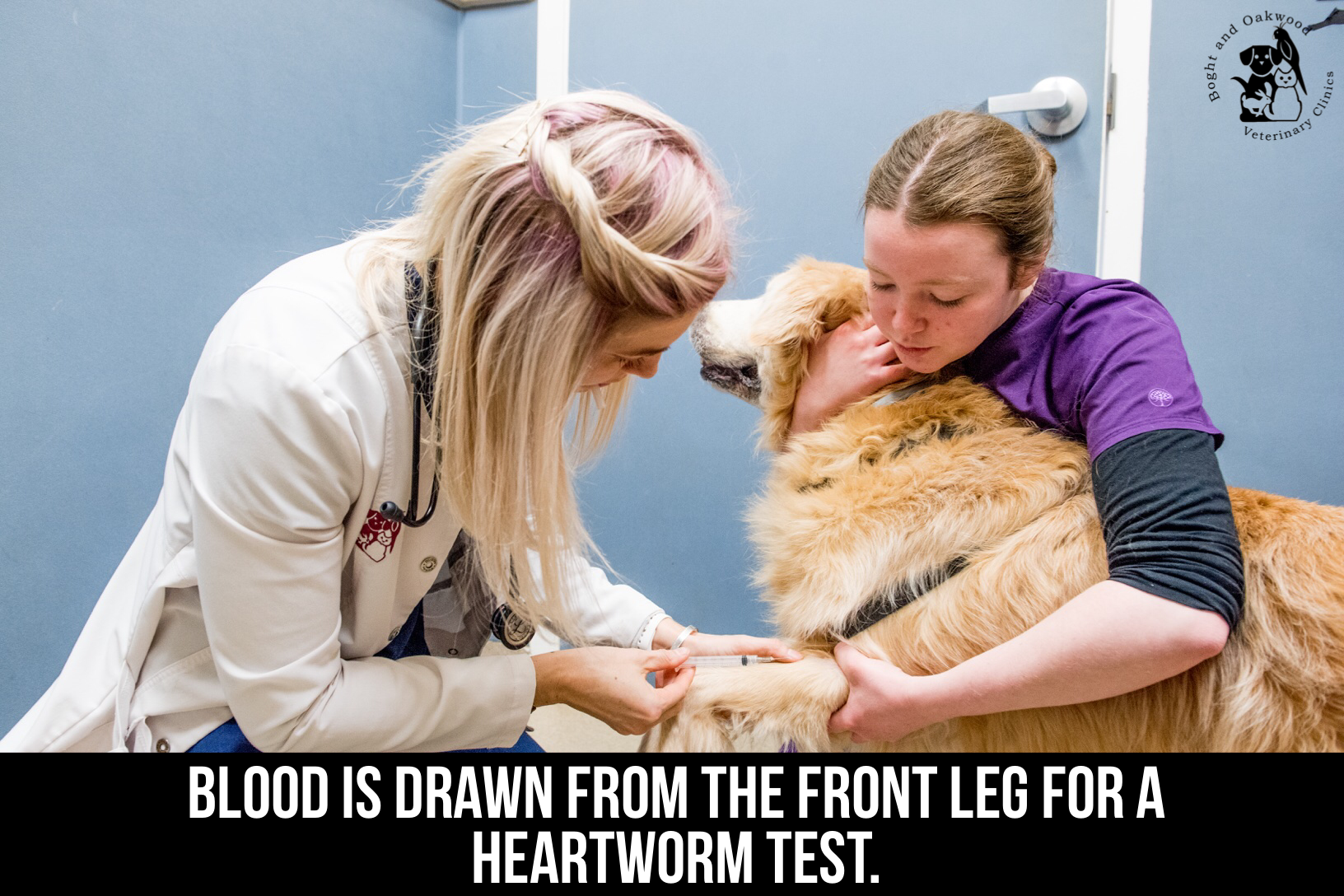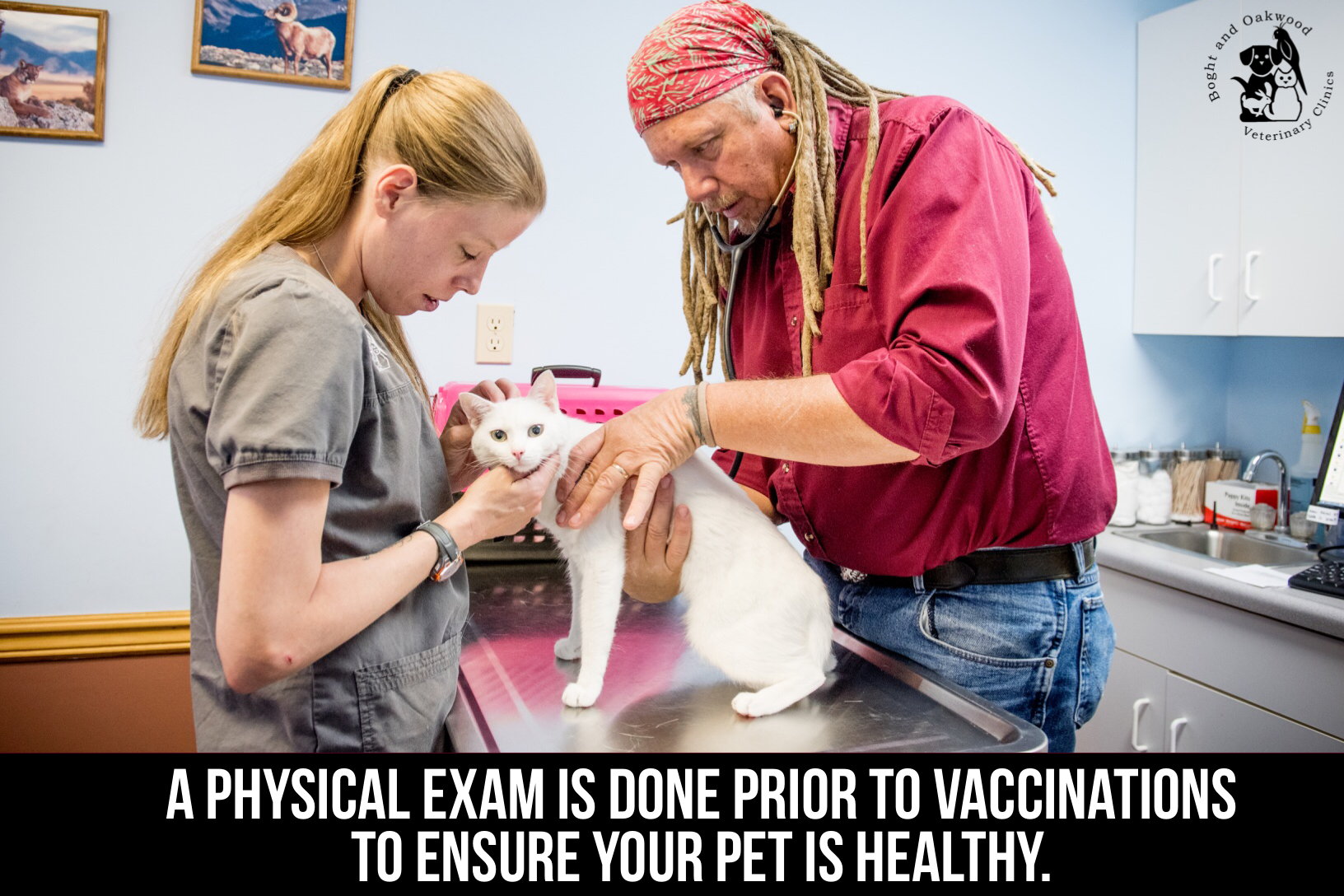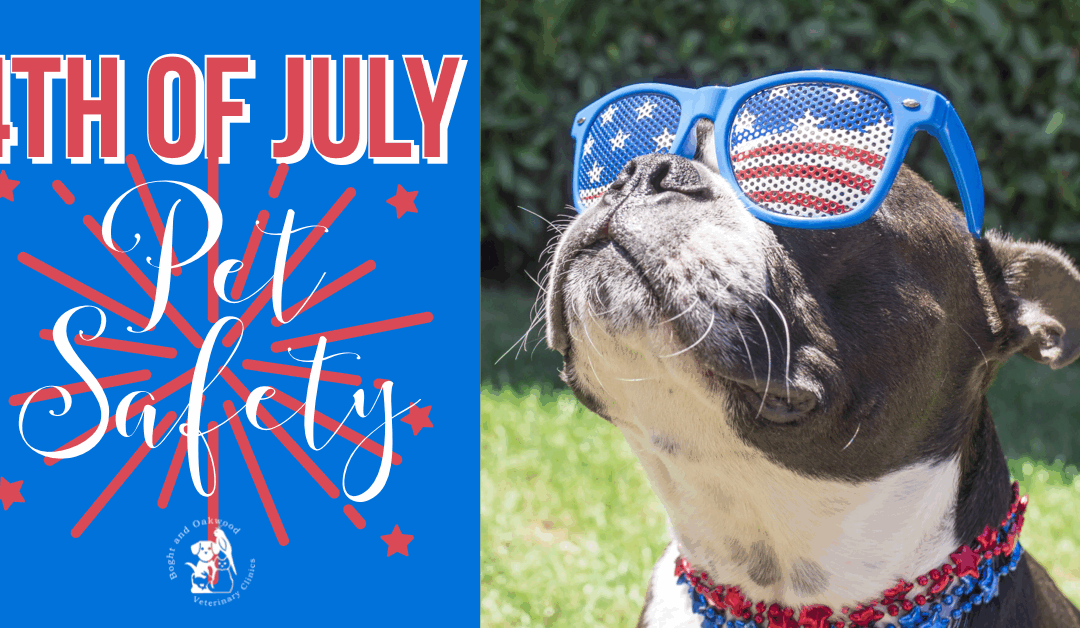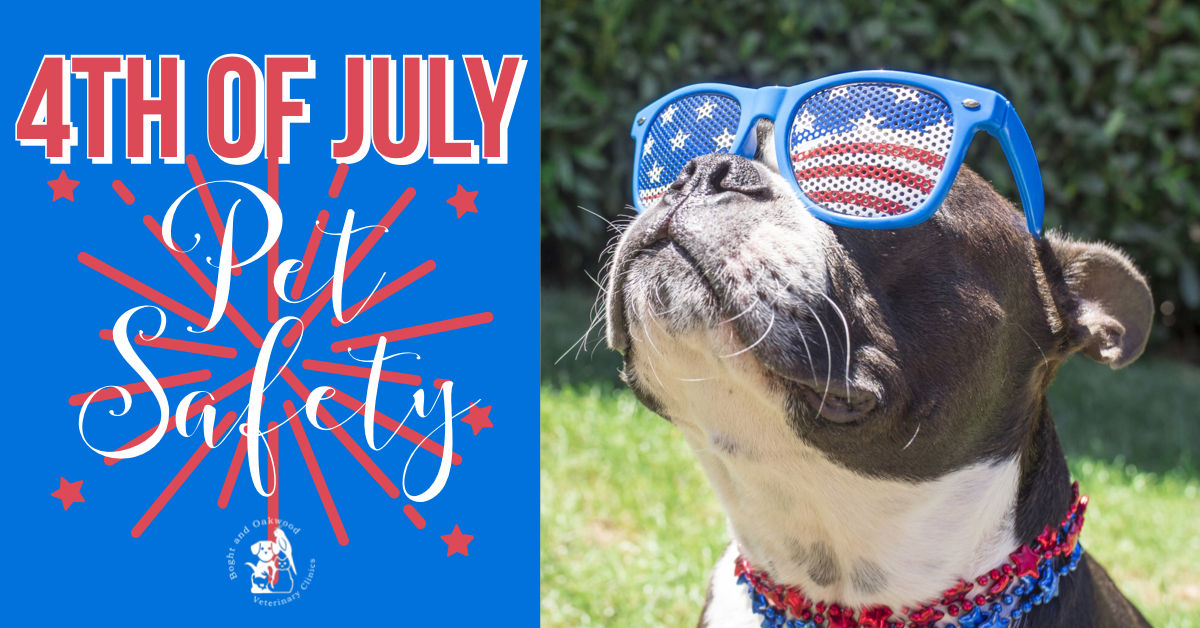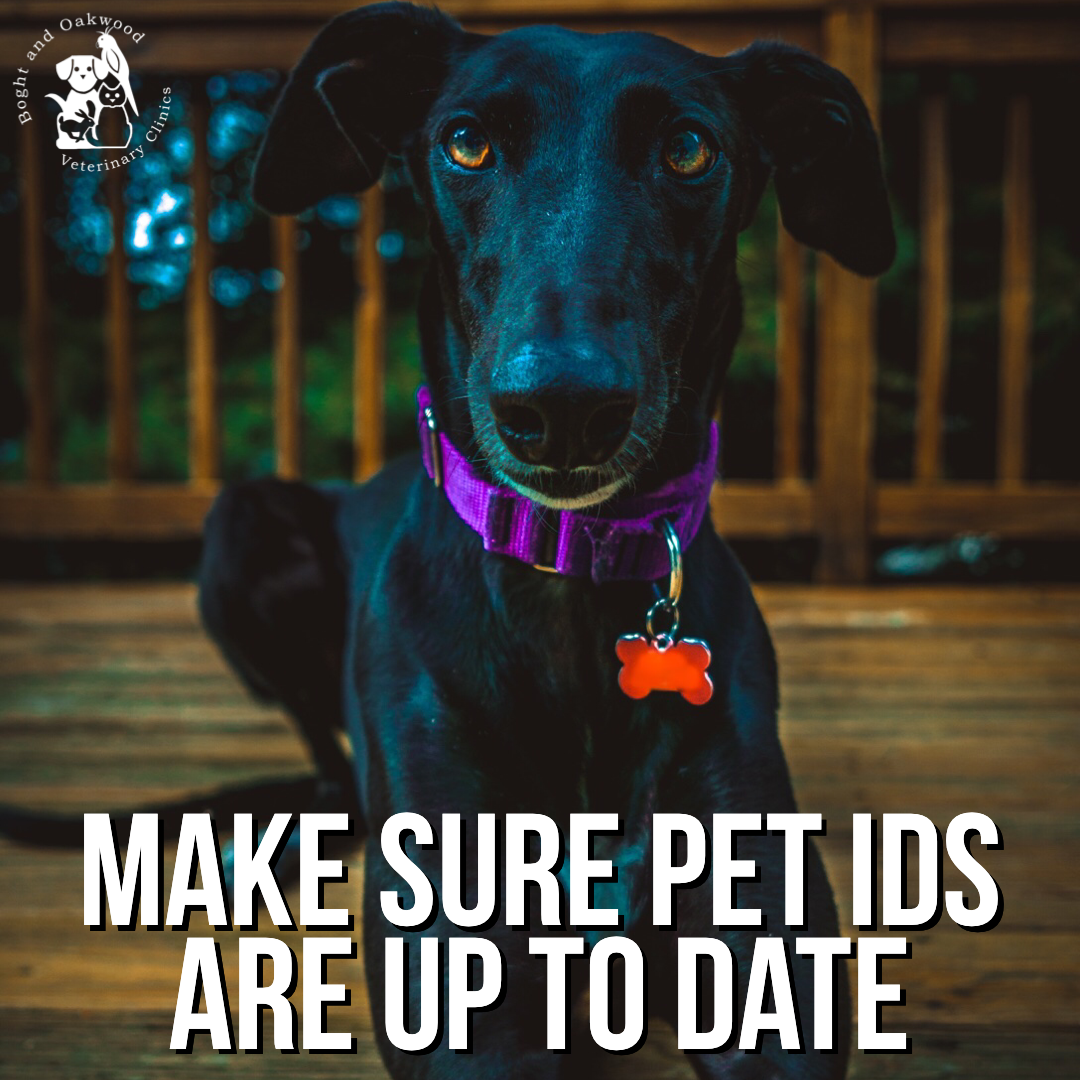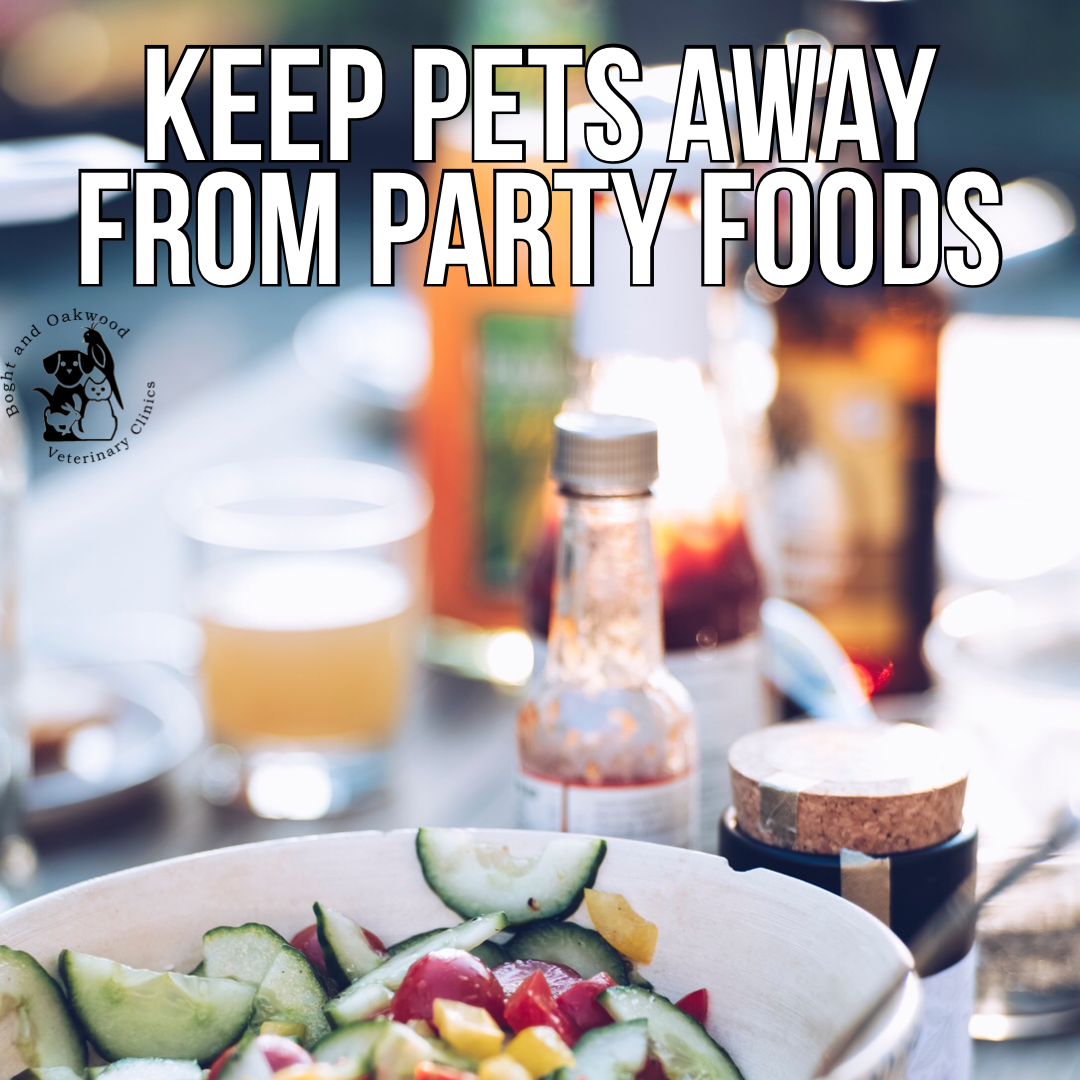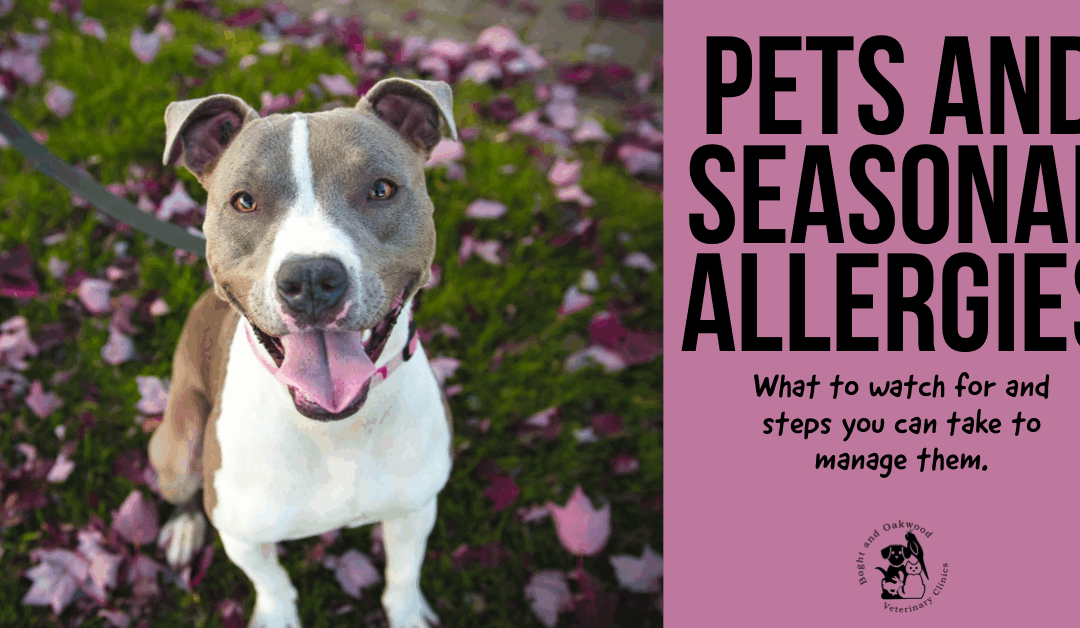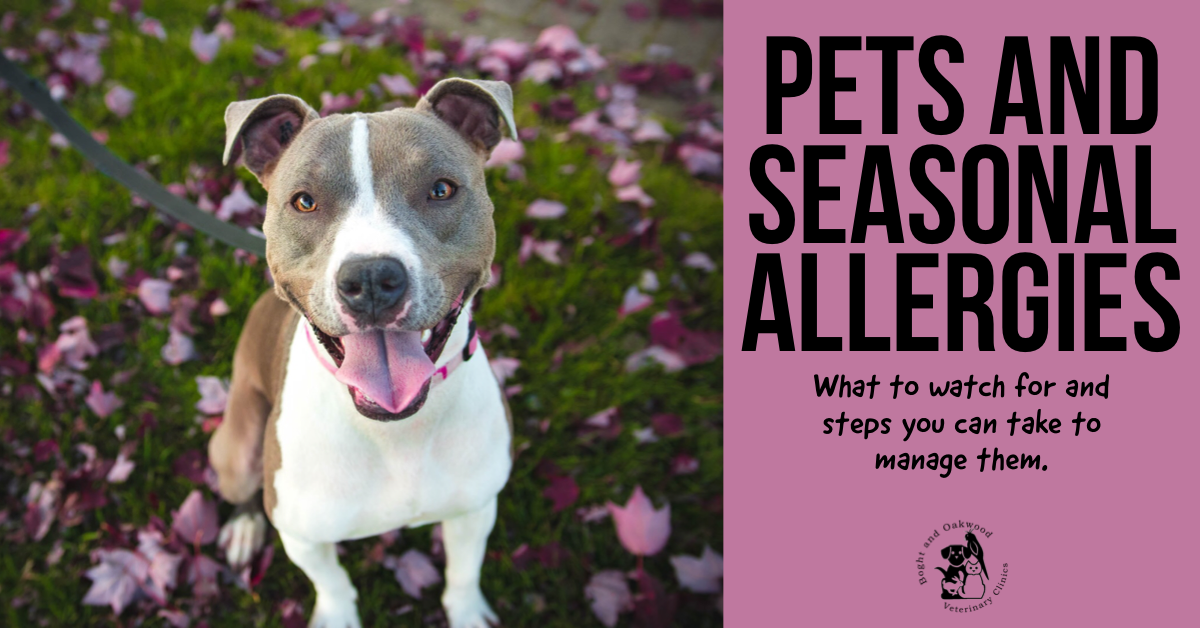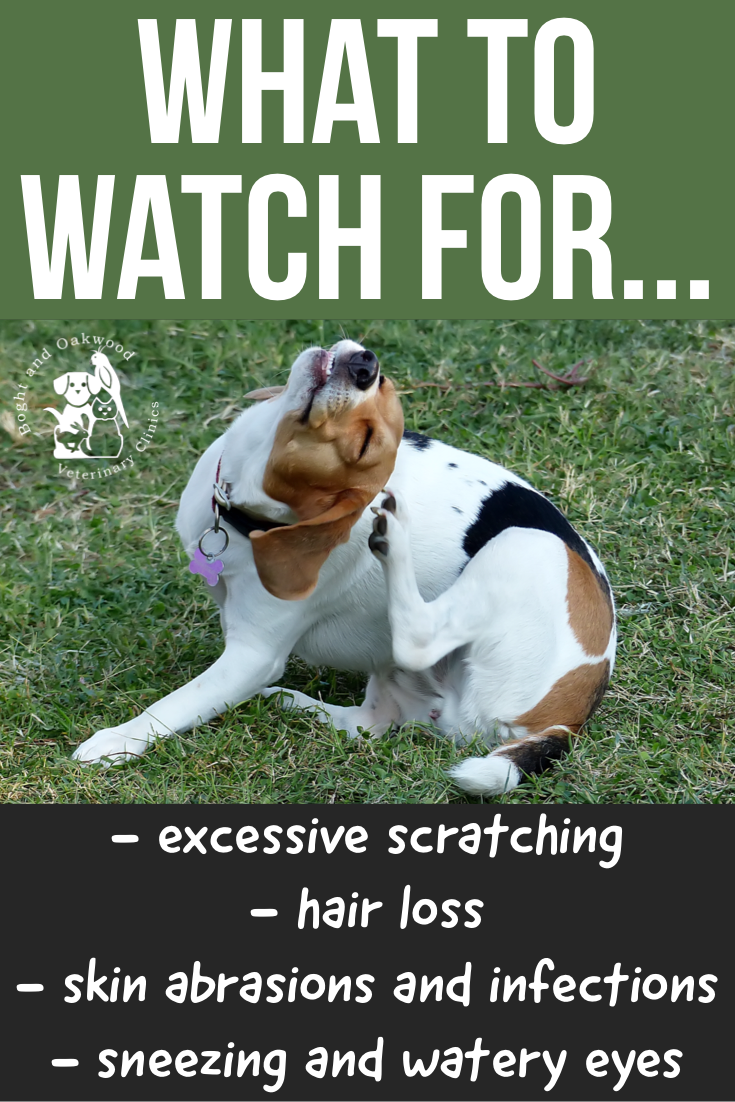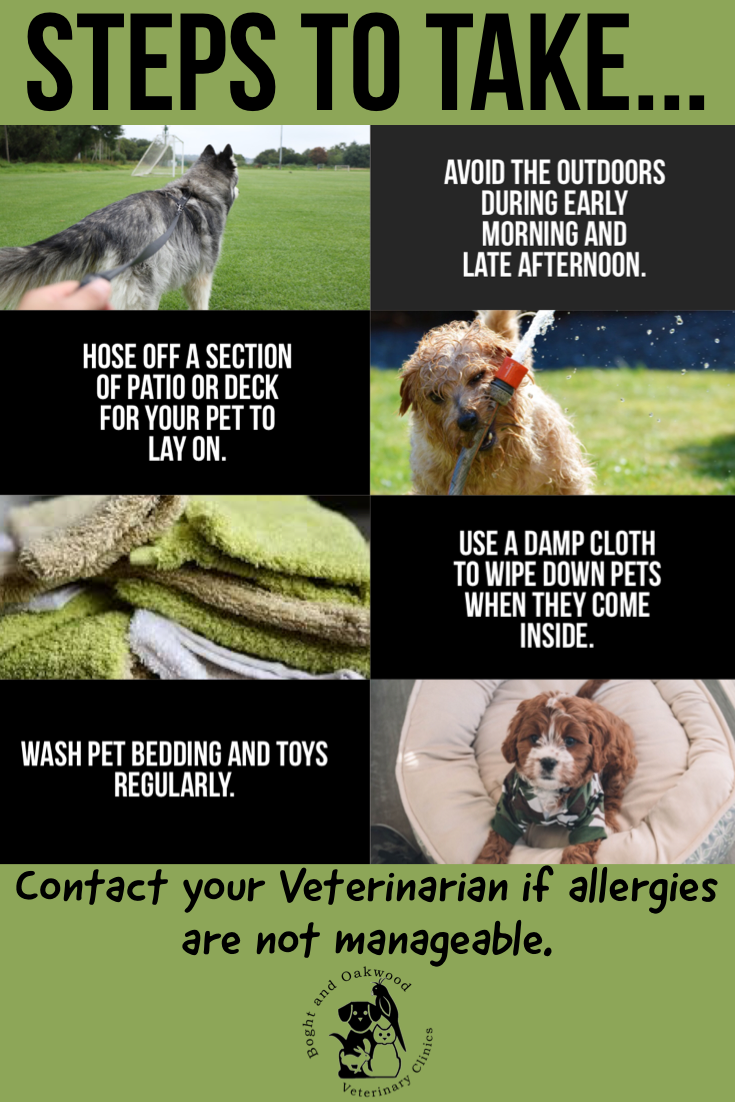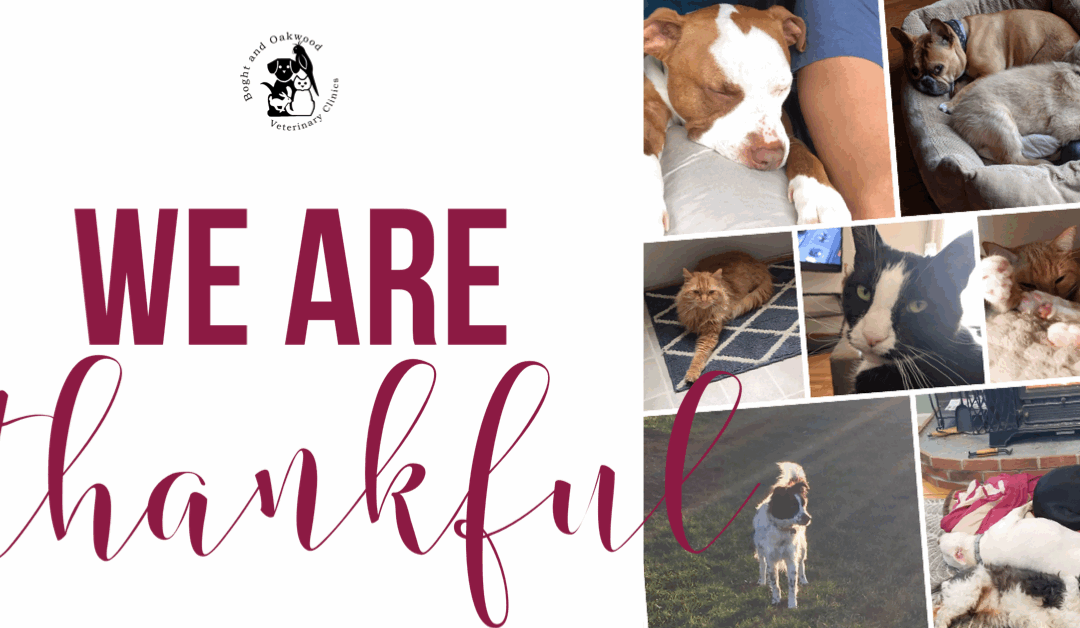
We are Thankful…
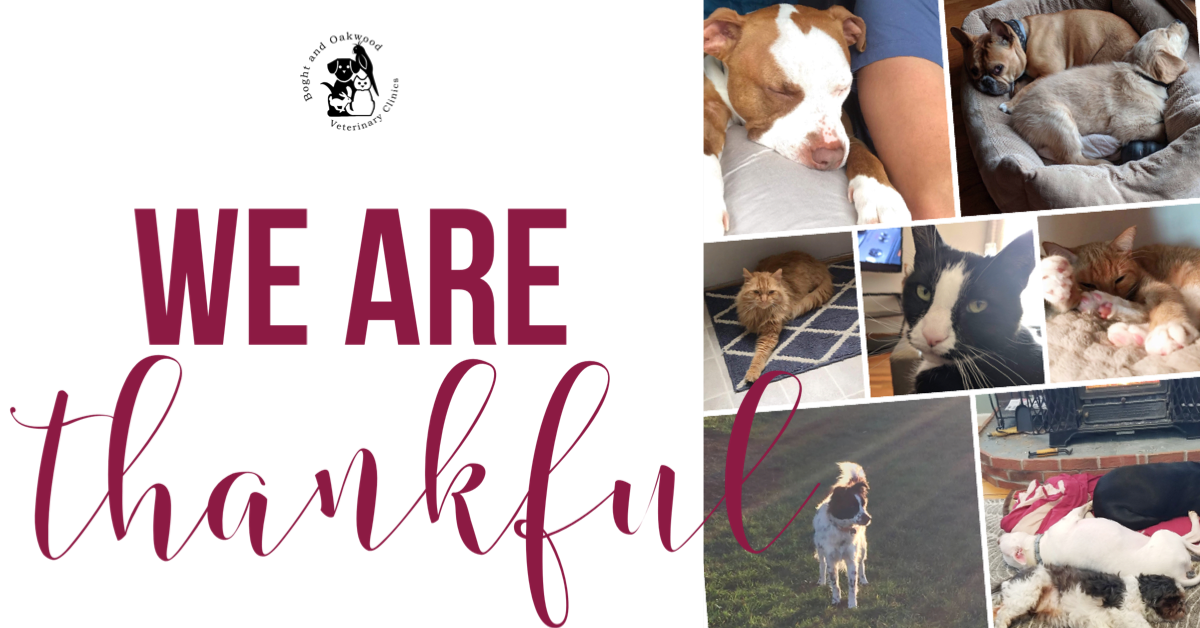
We recently asked our staff why they were thankful for their pets. The reasons range from the silly, to the practical, to the sentimental. However, there is no doubt that our pets bring endless joy to our lives. Take a look at our fur-family and why we are so glad they’re ours.
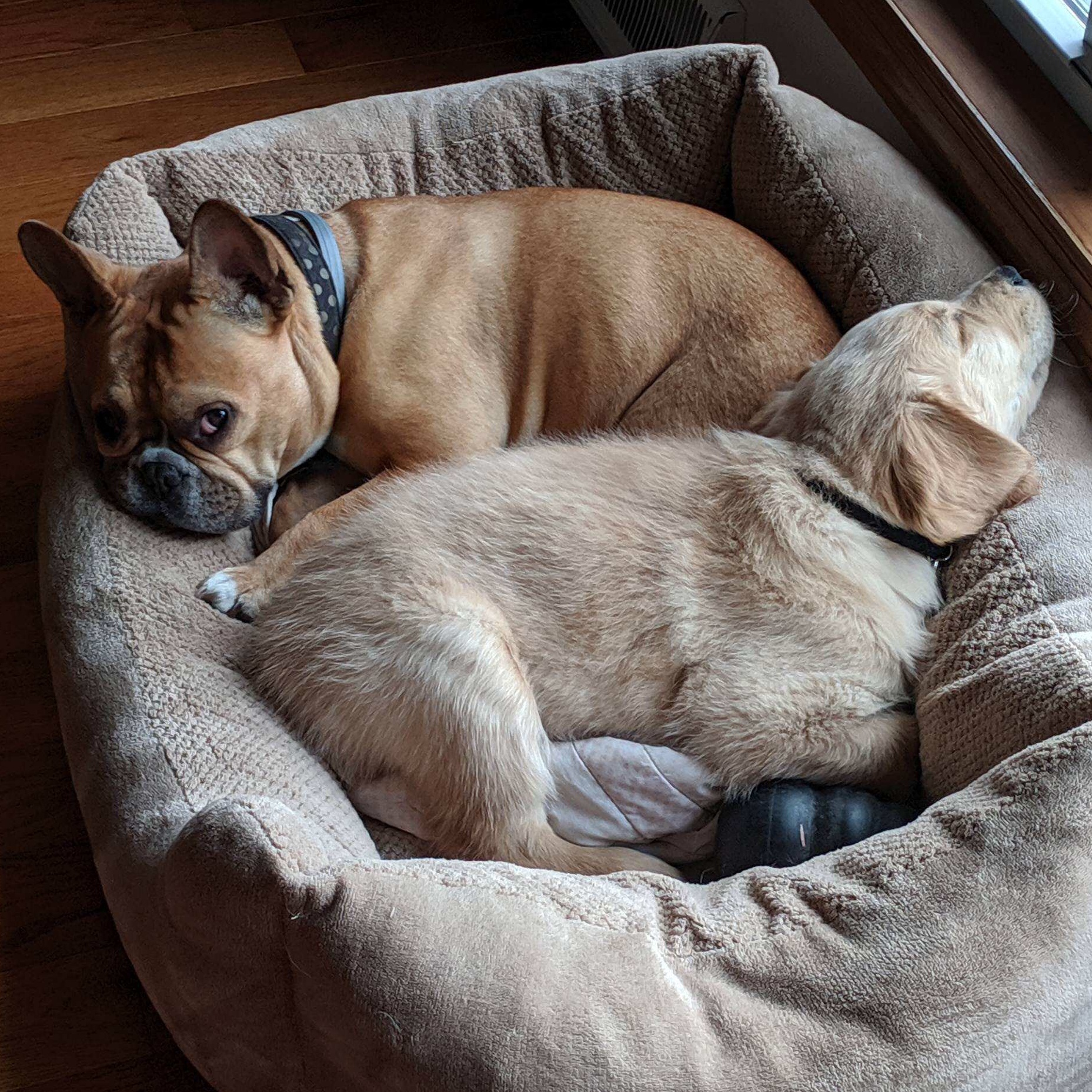
I am thankful for Sophie, Brutus and Apollo because they always know how to make me smile everyday. – Dr. Guilfoy
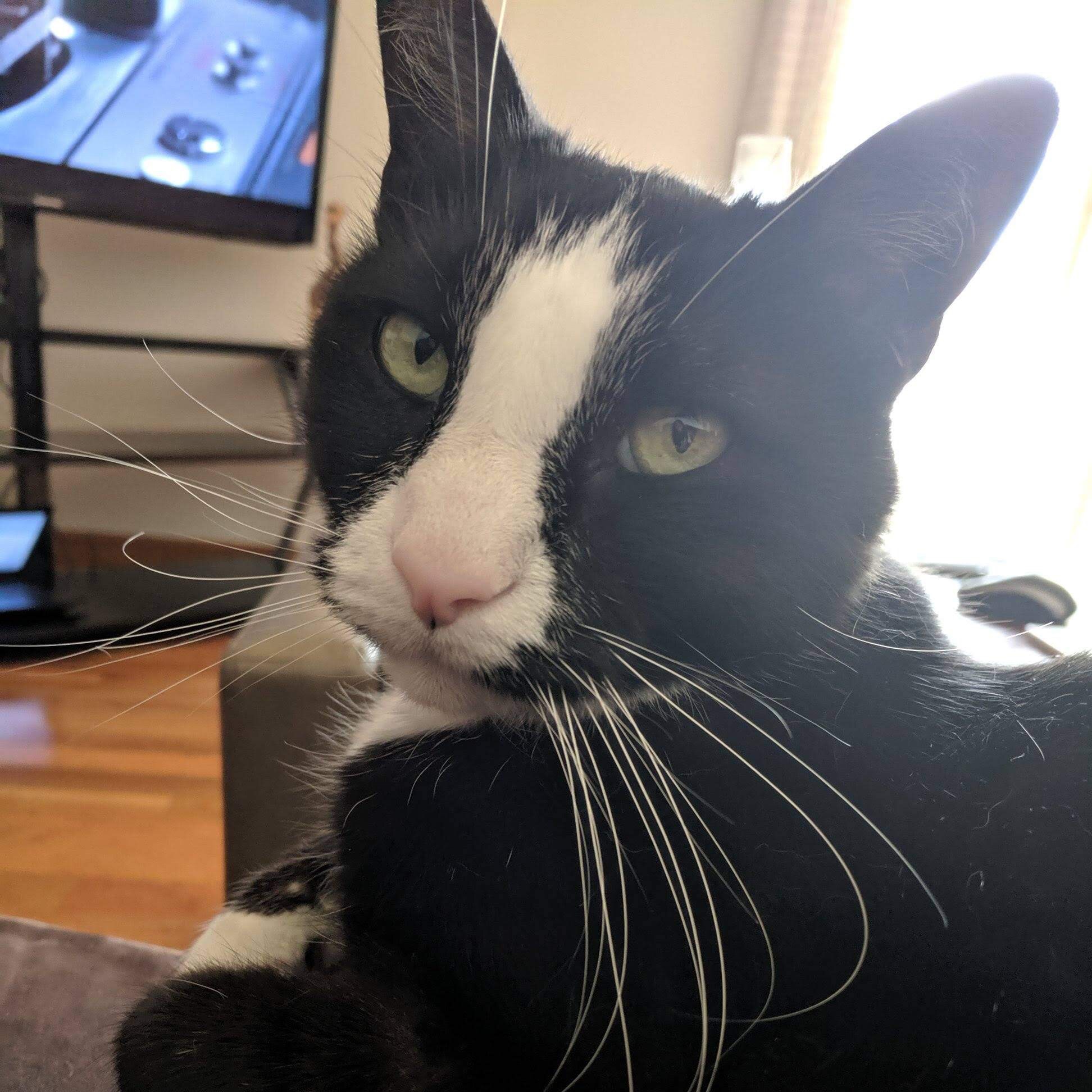
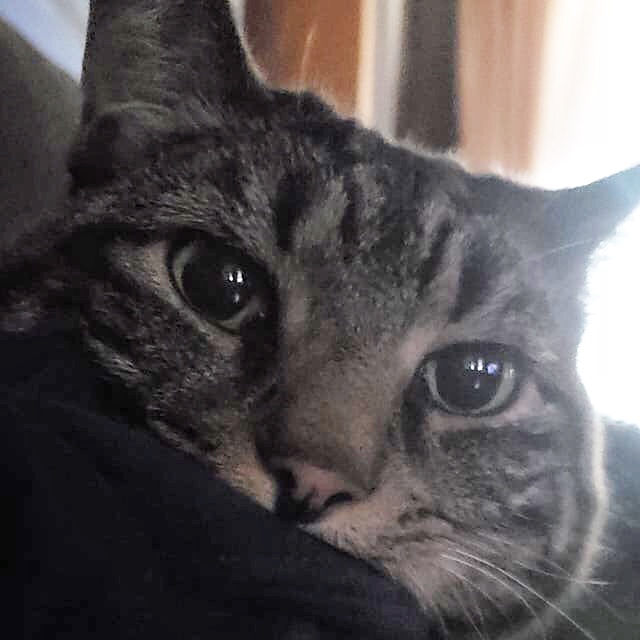
I am thankful for Mia. Our fantastic mouser, cat-dog and snuggle buddy! -Cassie
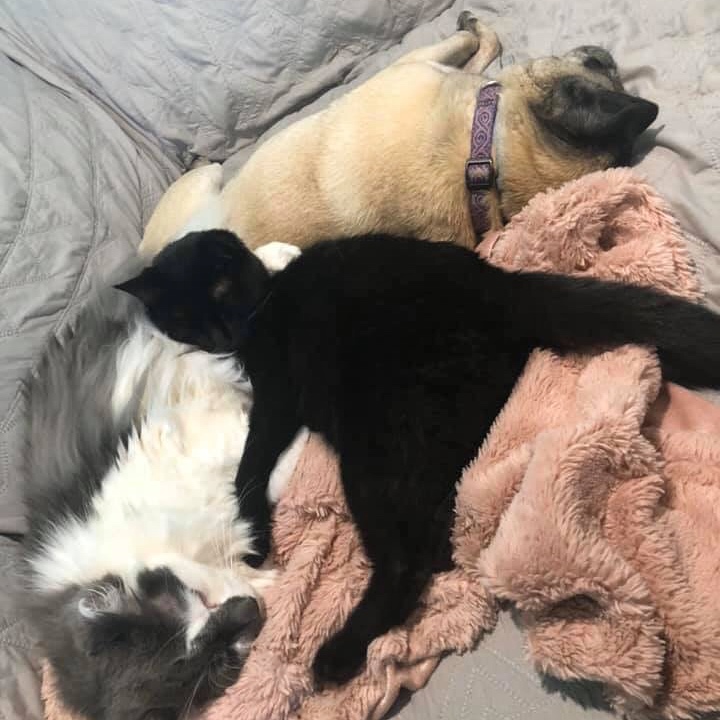
I am thankful for my animals because they snuggle with me on the couch. -Casey
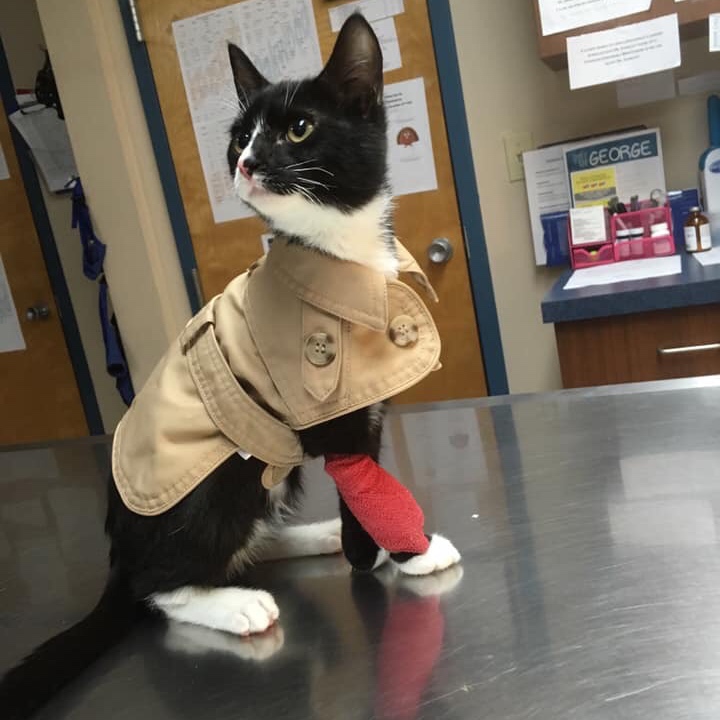
I’m thankful for Steven for never getting mad at me when I make him wear things like trench coats and parading him around. -Shawna
Thankful for Loki because he LOVES to play dress up. – Kennedy
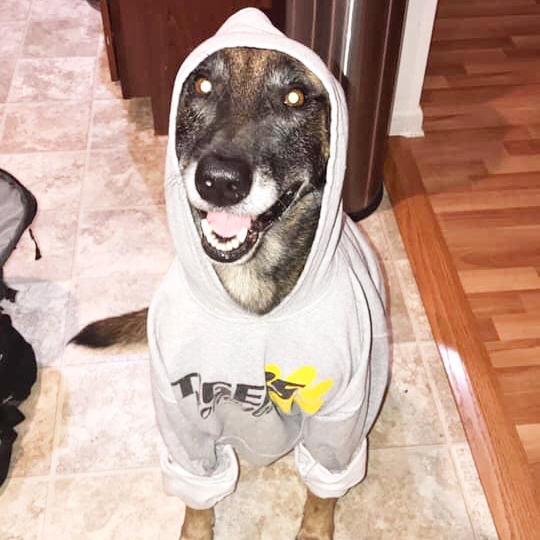
Thankful for Iron Man for always managing to put a smile on my face no matter what kid of day I’ve had. – Dr. Ford
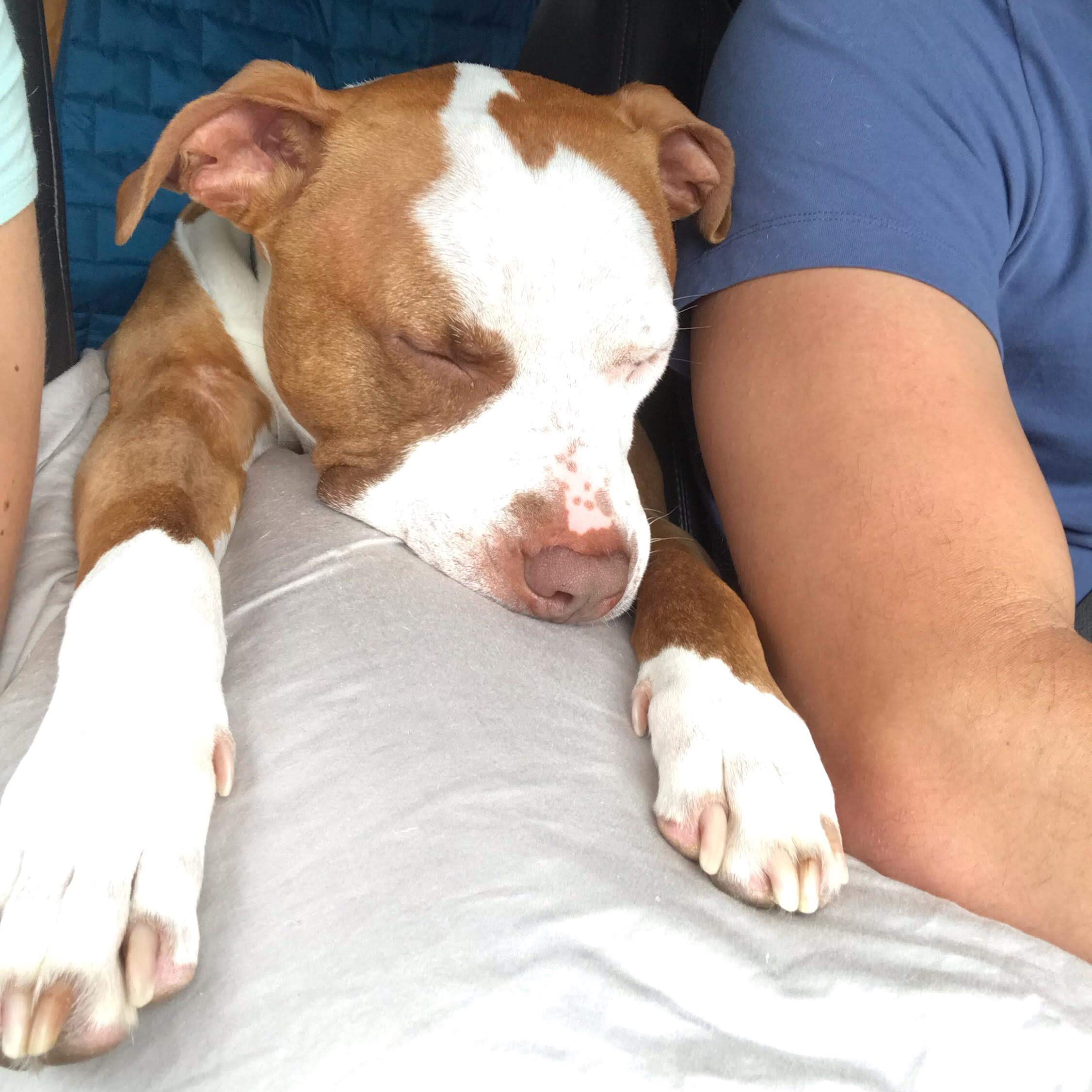
I am very thankful for my sweet ball of fluff, Ryder. He’s my heart dog and has been there through so much with me. He constantly keeps me laughing and on my toes. -Cassie
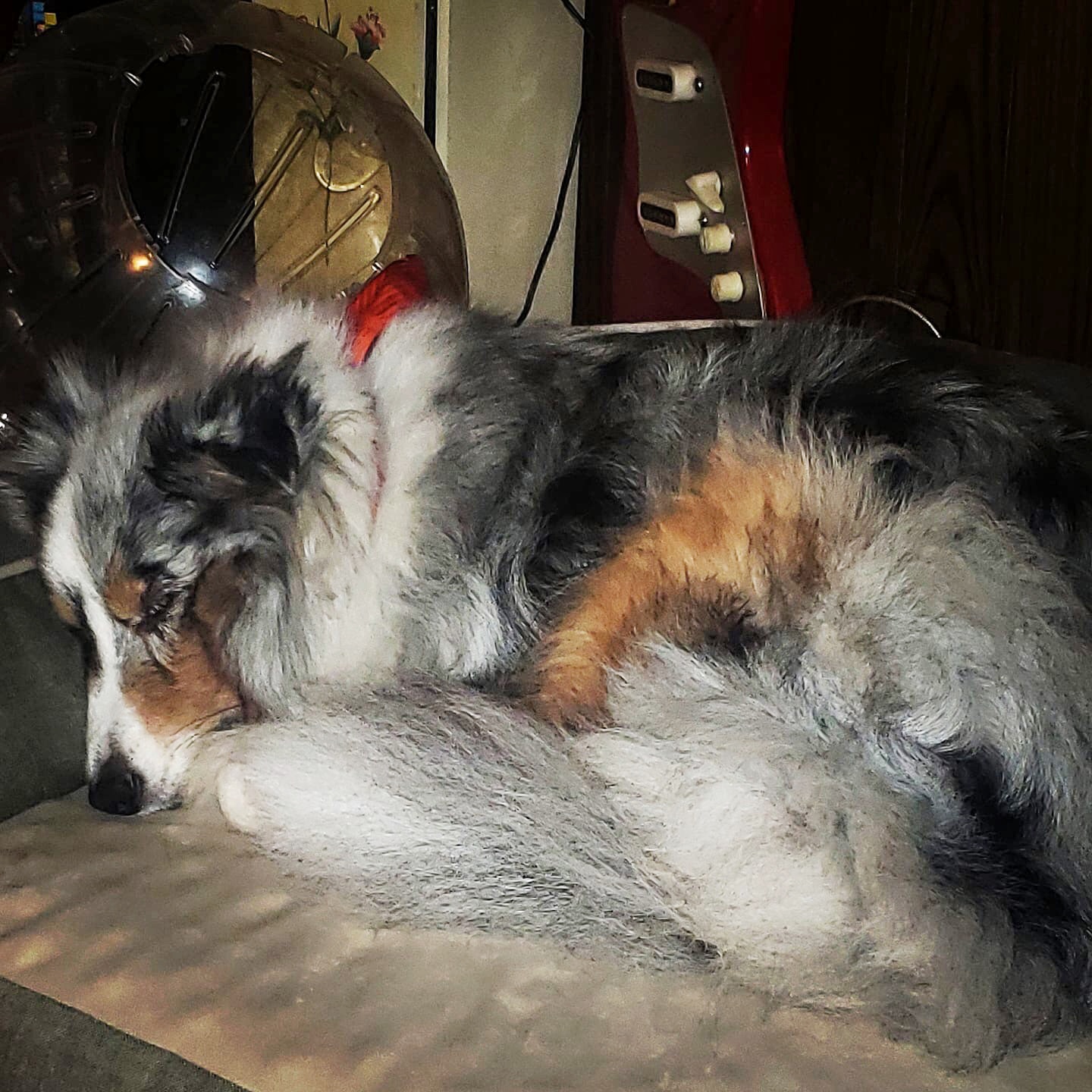
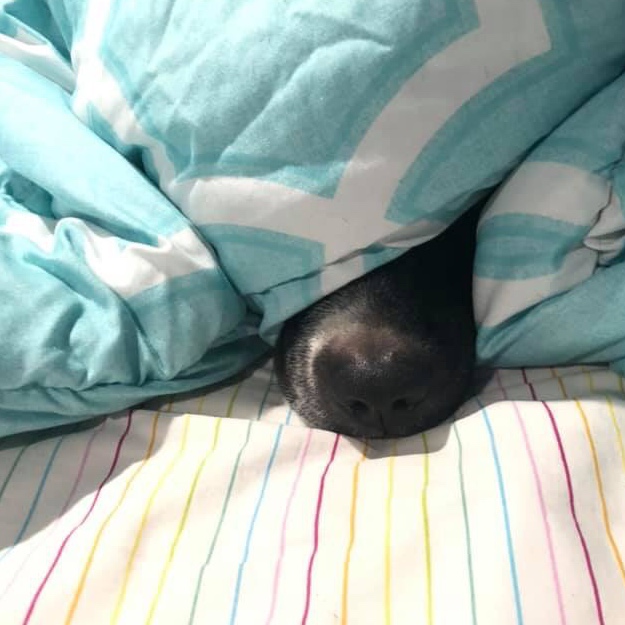
I’m thankful for Porter because he will stay in bed with me all day if I want to. -Casey
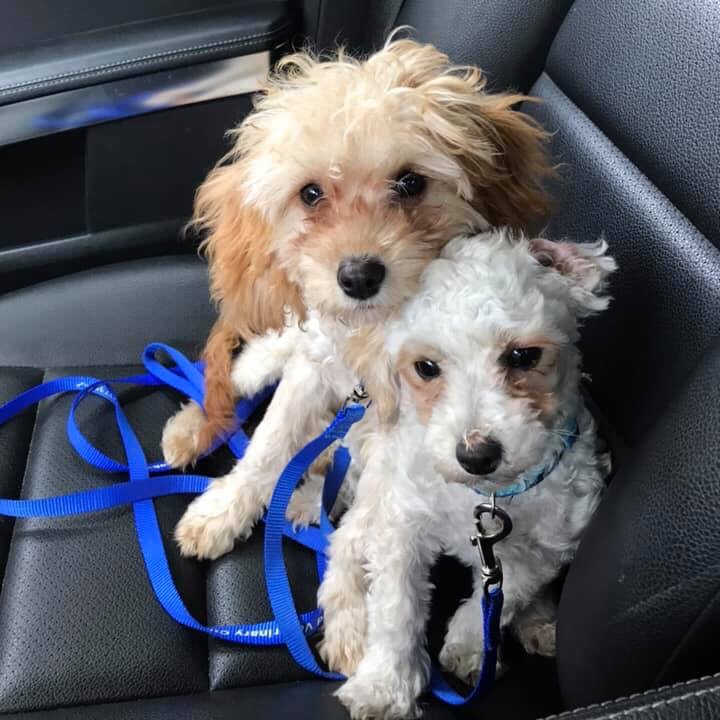
Payton and Ginger warm my heart. Also thankful for the daughters who brought them to me! -Sarah

I’m thankful for my dogs keeping the couch warm for me. – Dr. Brandilyn Wagoner
I am thankful for my pups (Rookie and Slider) because they’re my best friends. When I come home from work, all they want is my attention and affection. They help ease my stress and I look forward to spending time with them each day. No matter where I go or what I do, they want to be there with me. -Charles
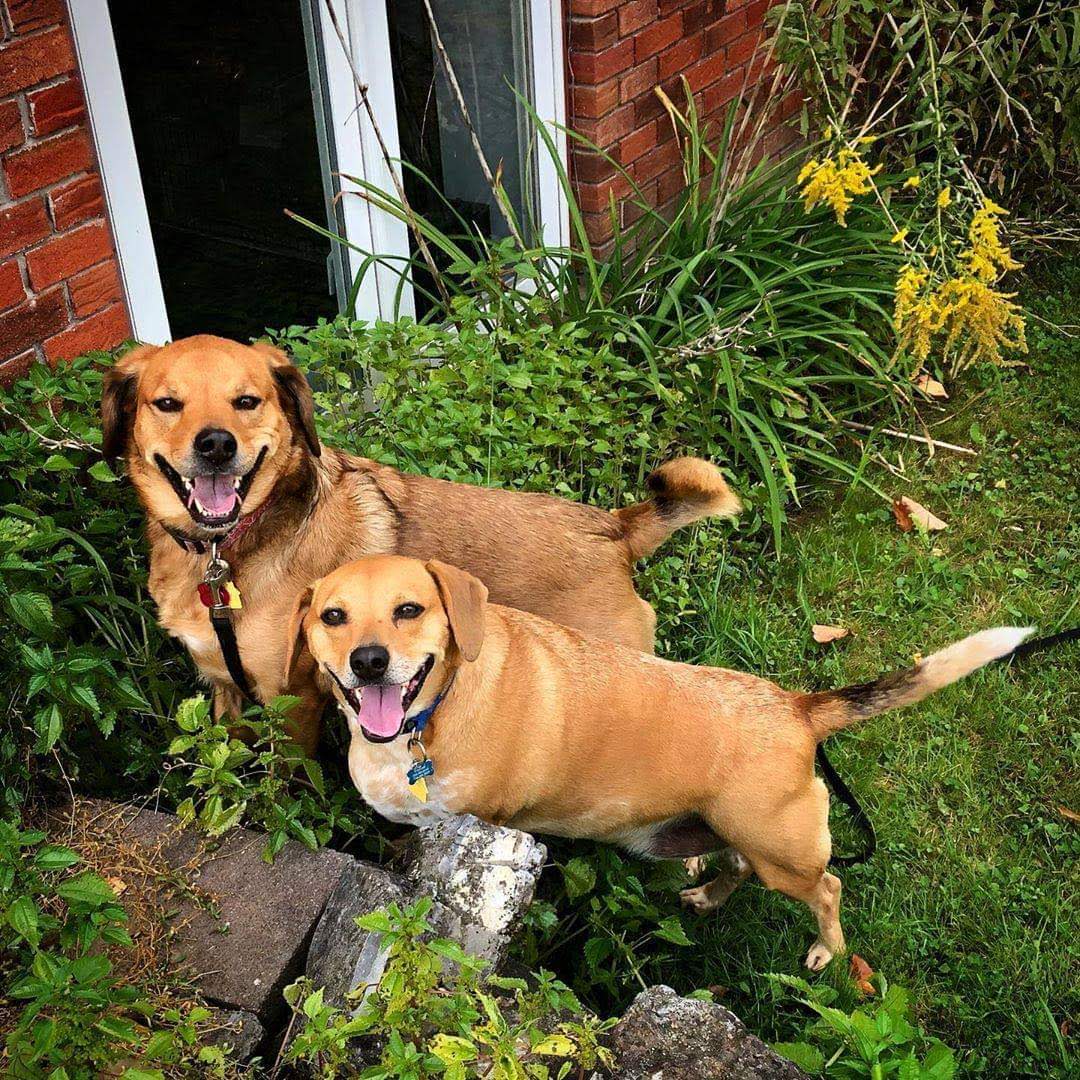
Thankful for Dartanian. Without him, all our rugs would fly away. – Dr. Ford
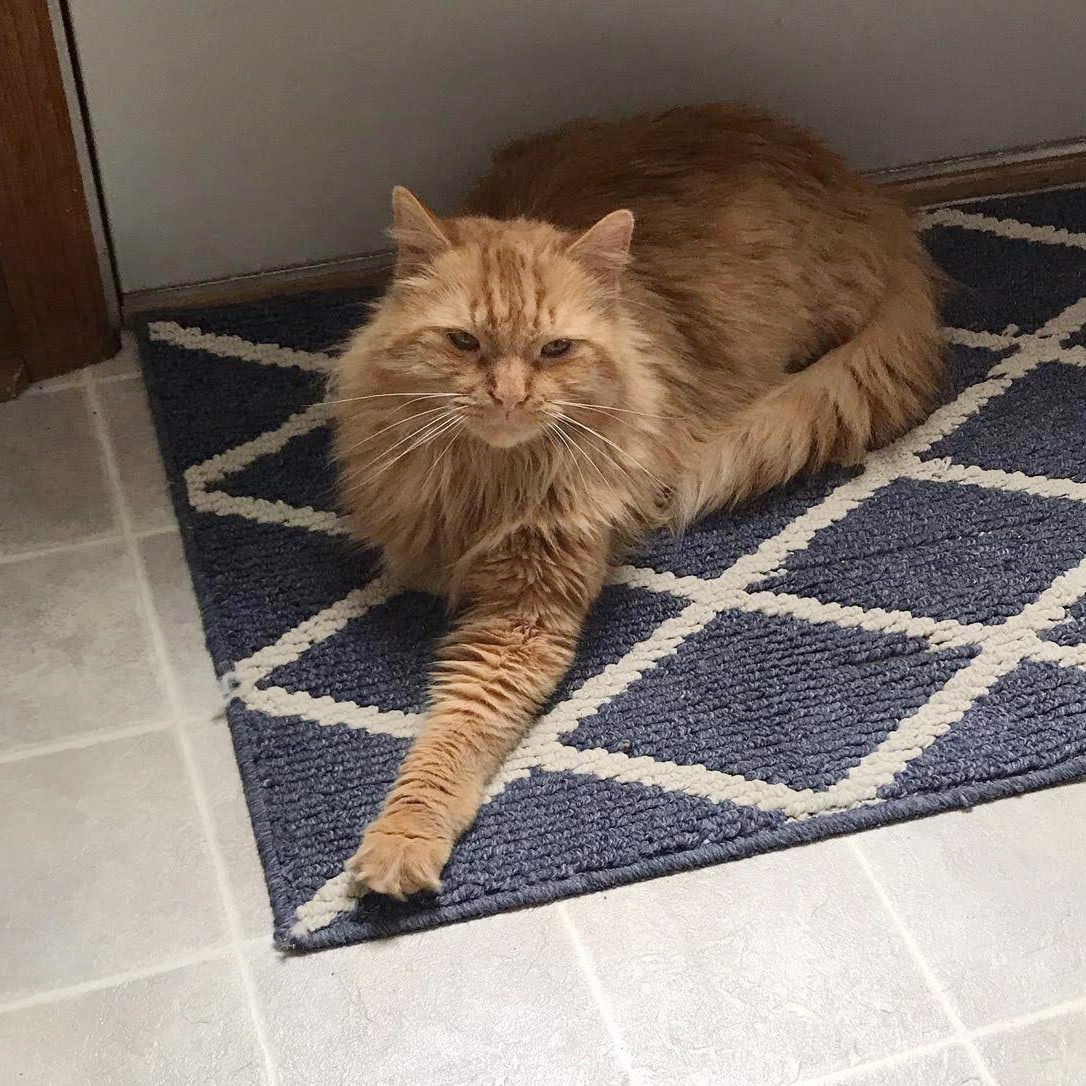
I’m thankful for Clea for being by my side whether it’s hiking all day or napping all day. -Shawna
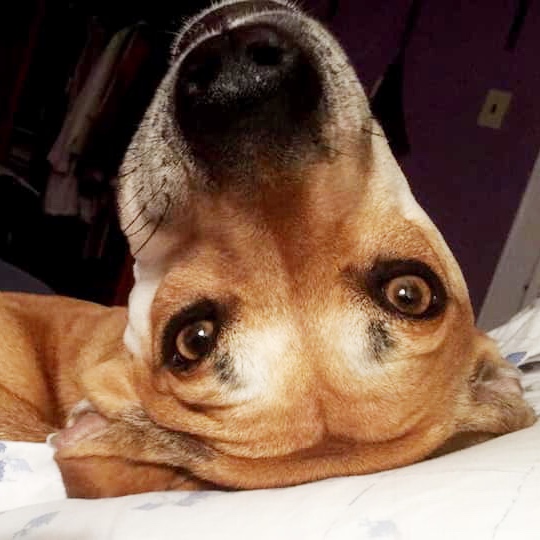
I am thankful for Marshel for always being there, accepting every animal we bring home and knowing he is always the rock holding the family together. -Sarah
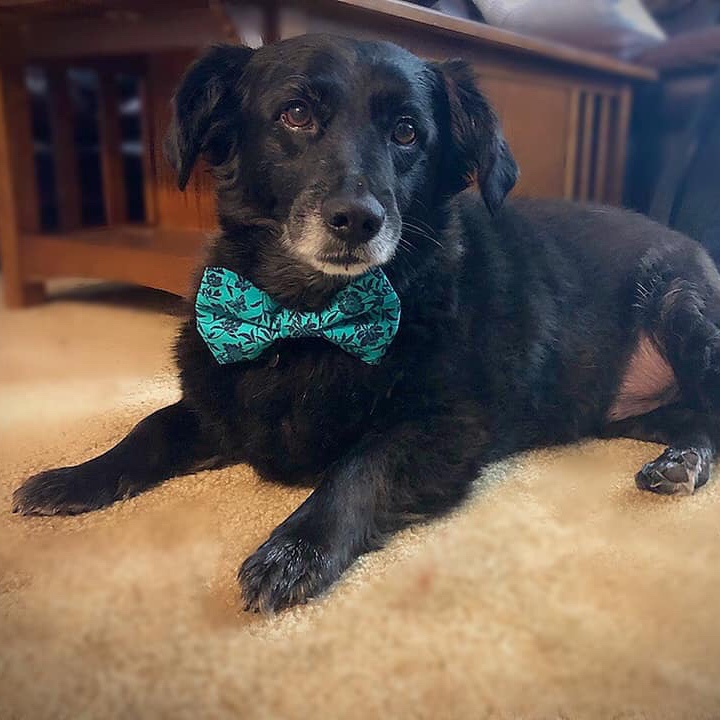
I am thankful for Koda because she is silly and makes everyone laugh. -Kennedy
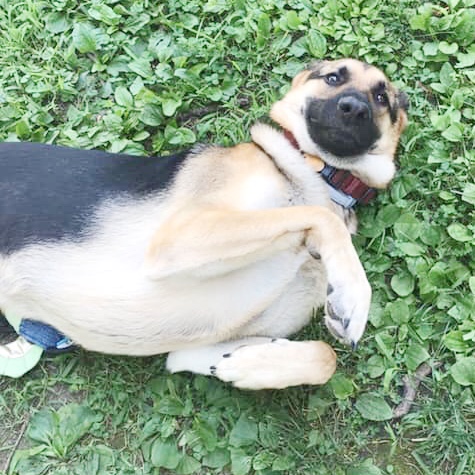
I am thankful for Vinnie Bentley and Emma for being my pack. -Jess D
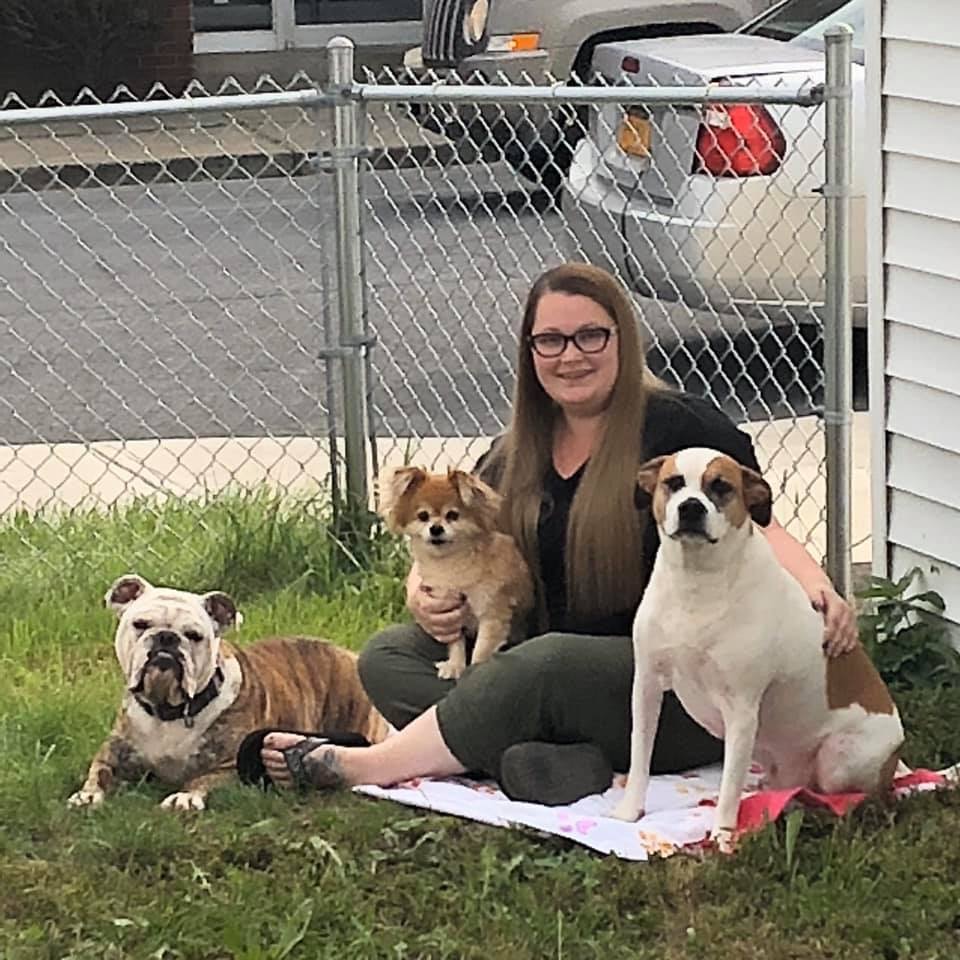
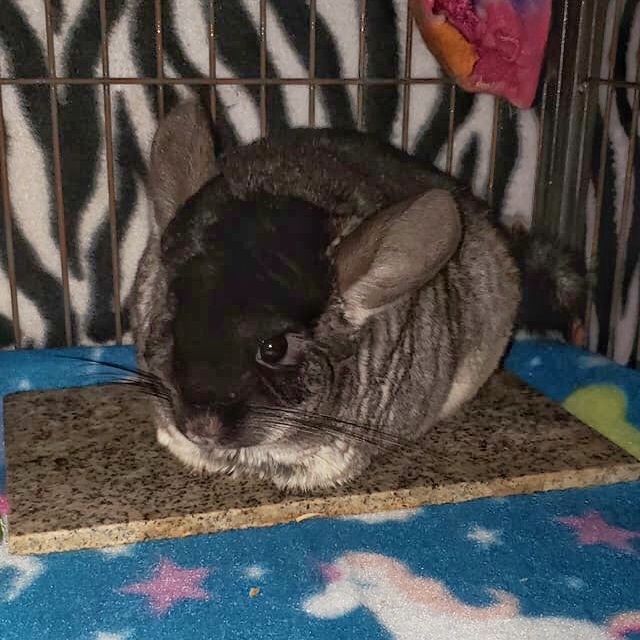
I’m thankful for Storm. My first pet I got when I moved back home and has given unlimited snuggles for the past 8 years. -Cassie
I’m thankful for Booger’s adorable toe beans, and that he helps me eat breakfast every morning. – Dr. Ford
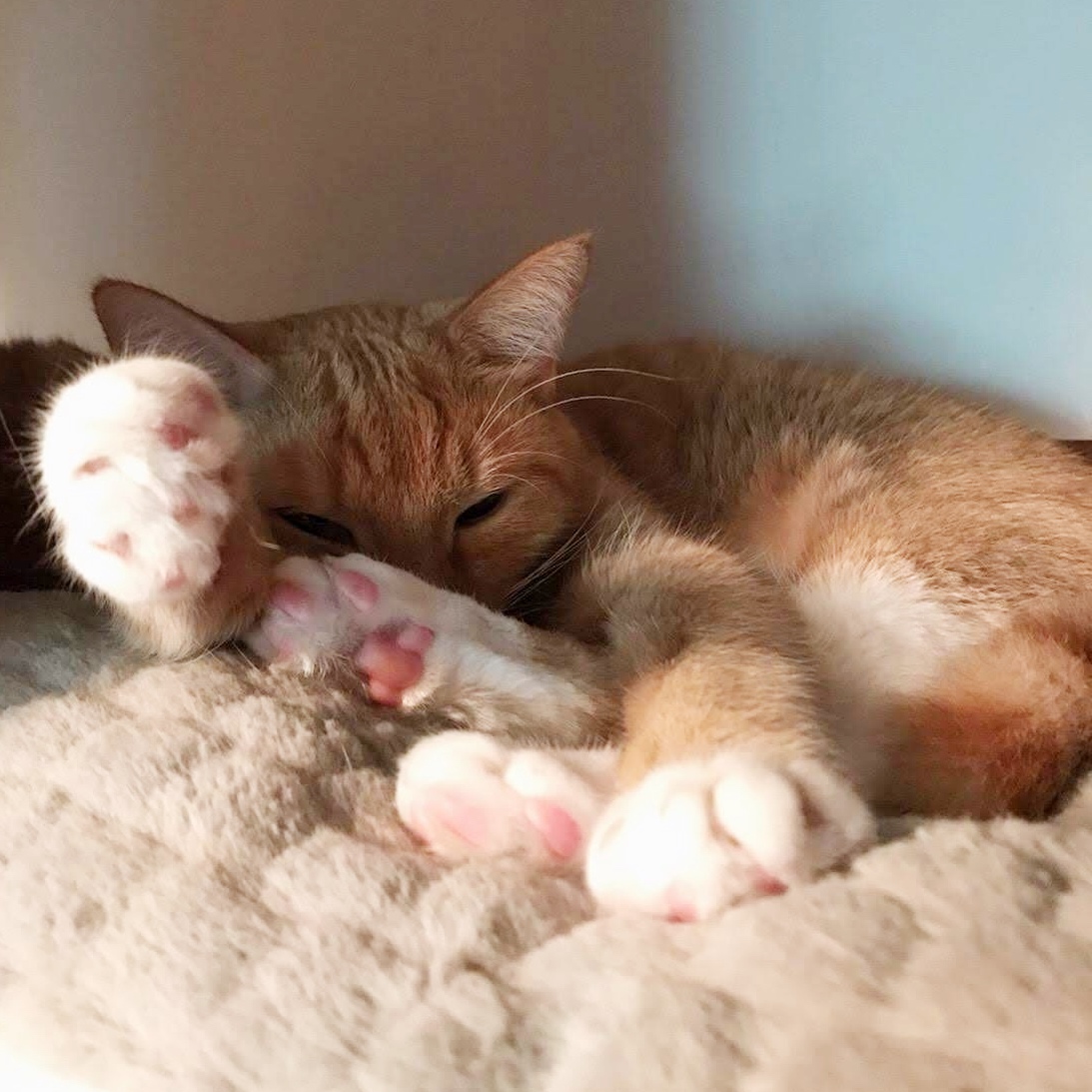
I’m thankful for Mikey because he makes me laugh and is always down to play a game. -Casey
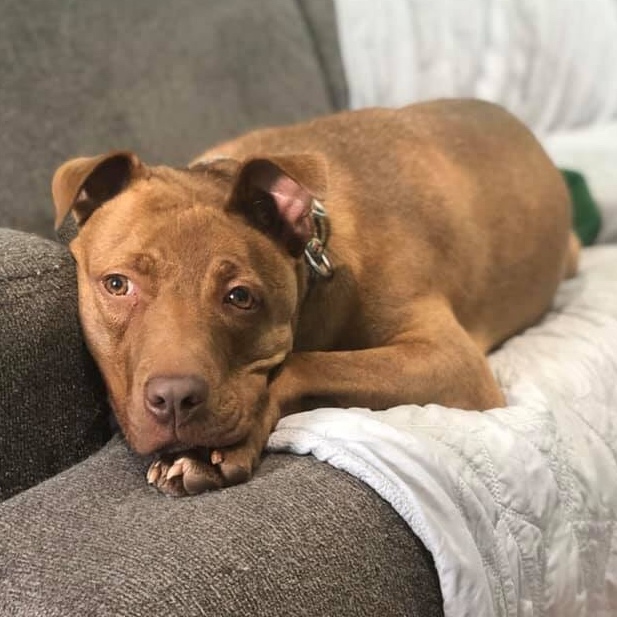
Thankful for Sadie cat because she greets me every time I walk in the door with lots of snuggles, also she keeps me on a schedule because she knows her food bowl should be filled promptly. -Sarah
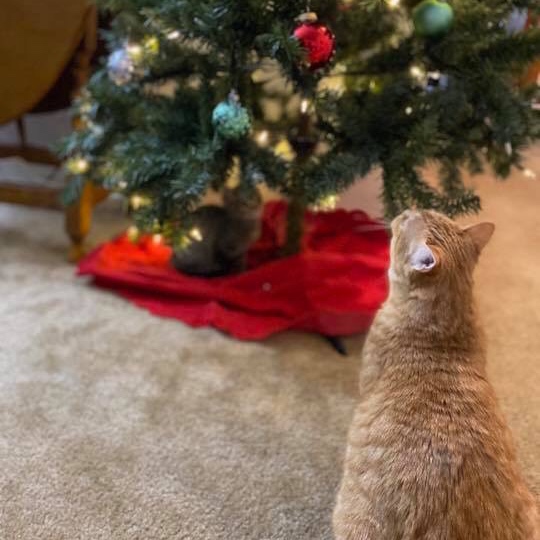
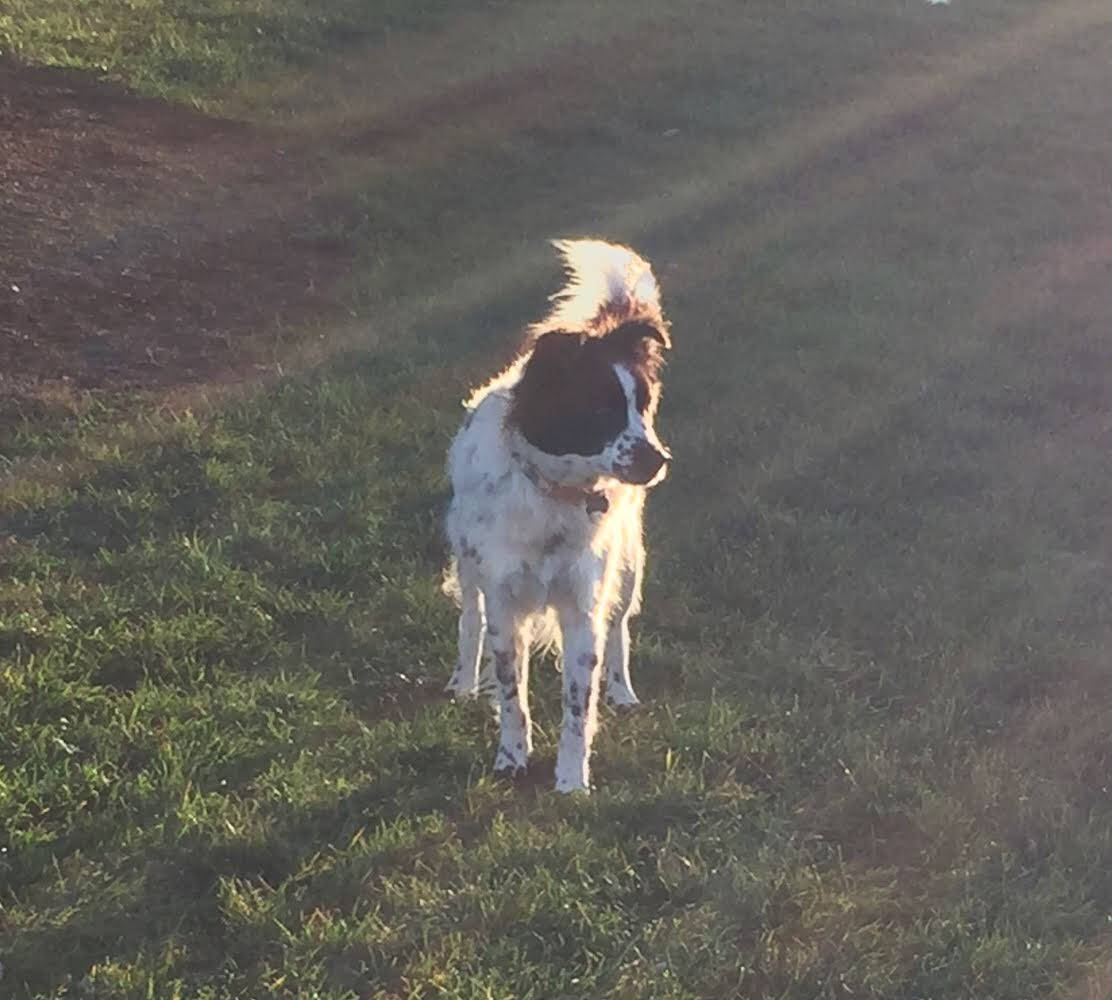
I am thankful for my pets and they all truly enrich my life. This is a picture of Sage. She is always a ray of sunshine and waves hello at me every time I come home. -Dr. Ellis
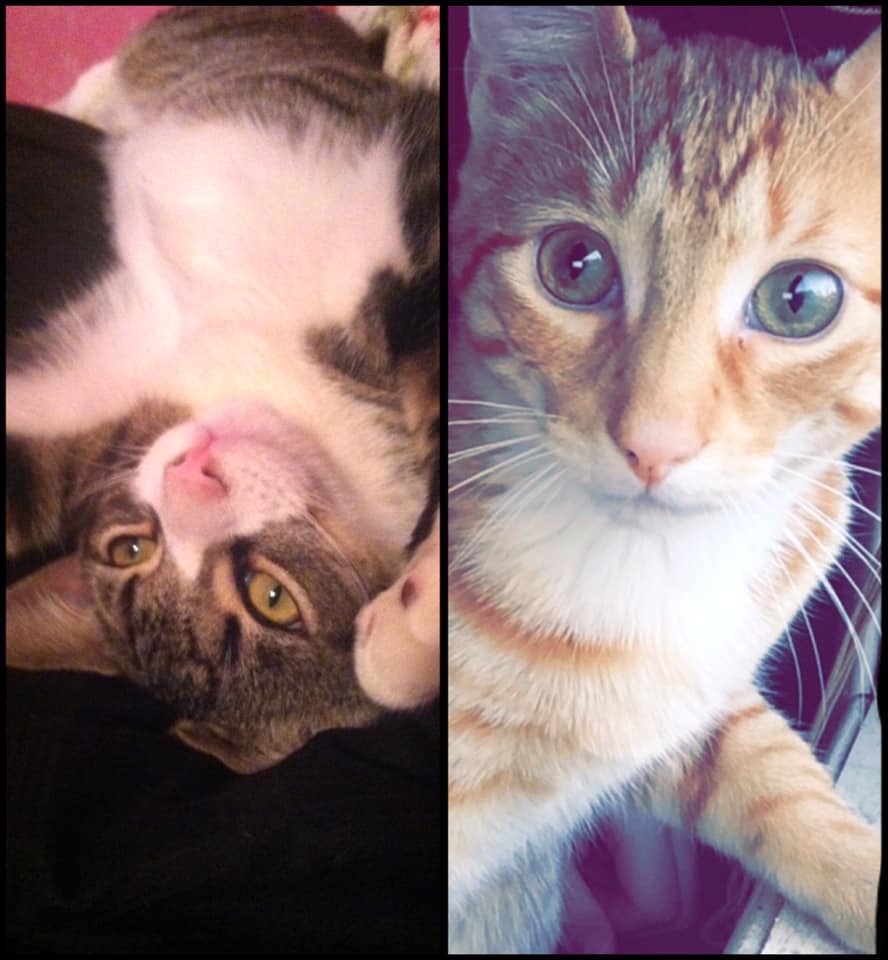
I am Thankful for my babies Philly and Khalifa for always being there on bad days and when I need snuggles. -Ashley
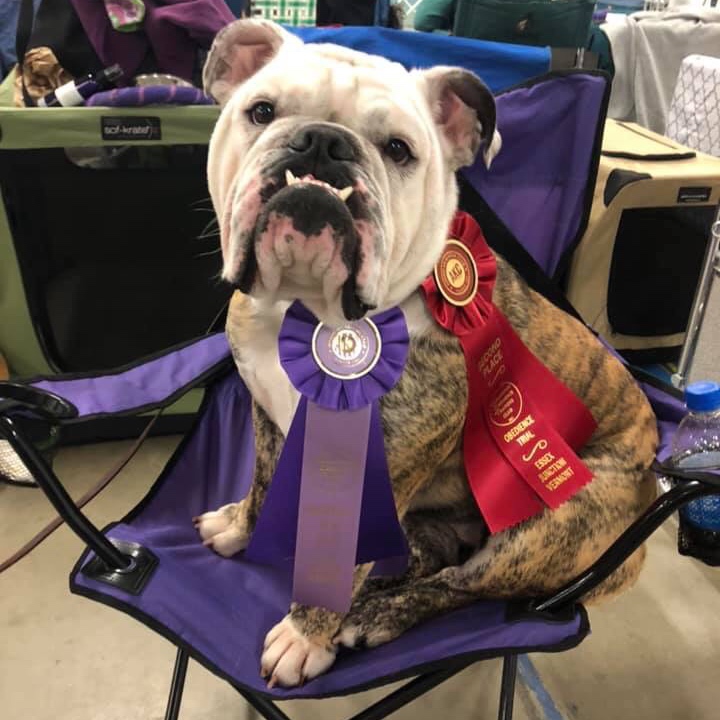
I’m thankful for Emma and how hard she works to be a rockstar in the competition ring. -Jess D
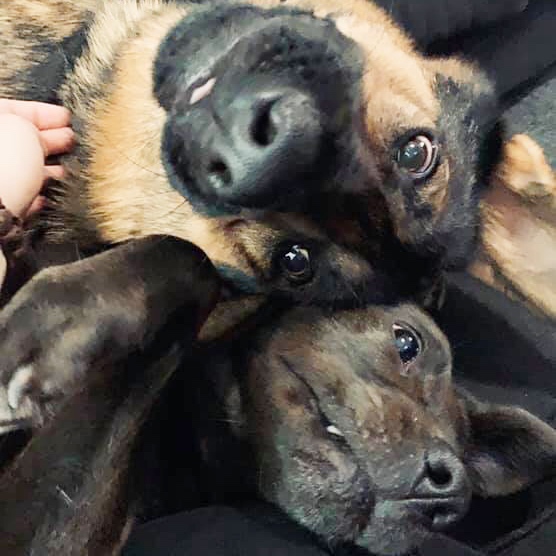
I’m thankful for my pups Diesel and Princess for always making me smile! Everyday I come home to happy dogs, greeting me at the door with excitement and wagging tails. -Danielle
I’m thankful for Harper because she likes to snuggle. -Ben
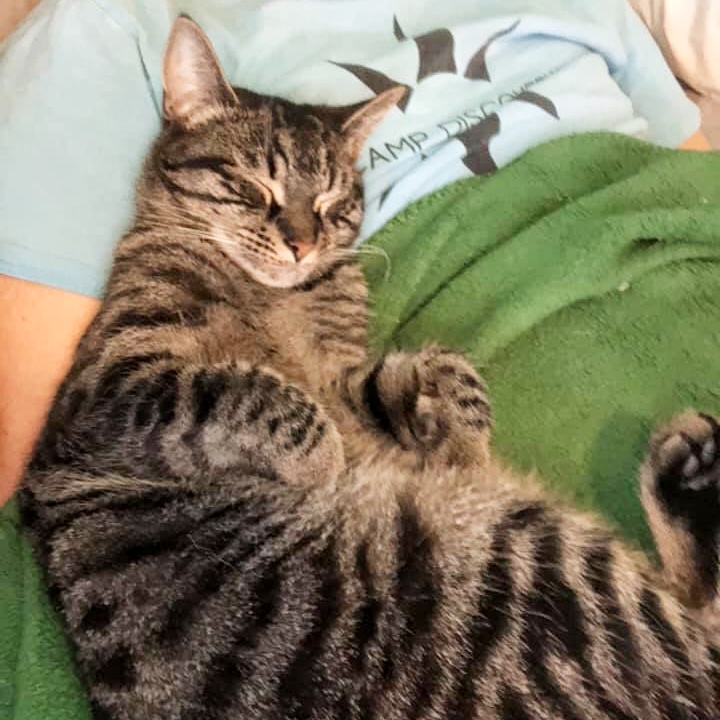
They make me laugh, especially with how they get “comfortable”. -Mary
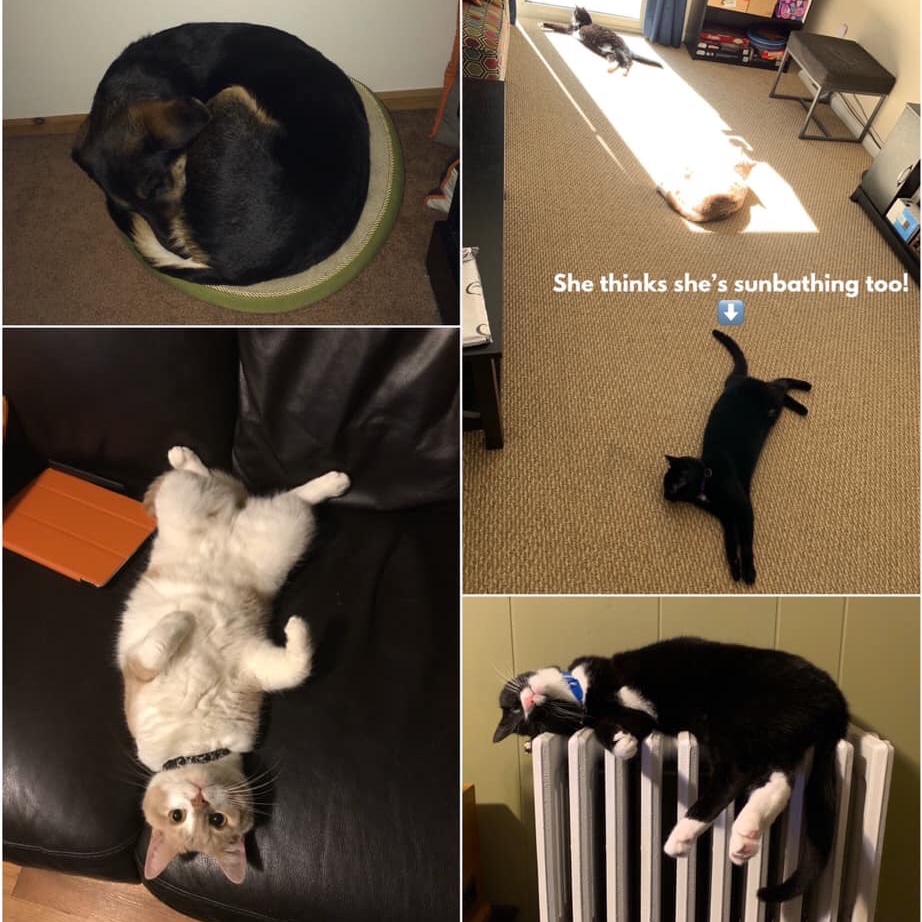
Thankful for Captain Pirate Bob because through a bum leg and one eye he acts as though nothing will ever get him down. He makes me remember life ain’t so bad some days. He also keeps a spot warm for my boyfriend in bed every night. -Sarah
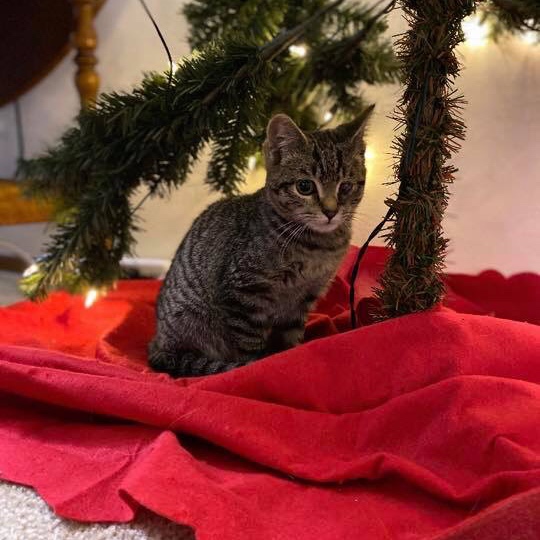
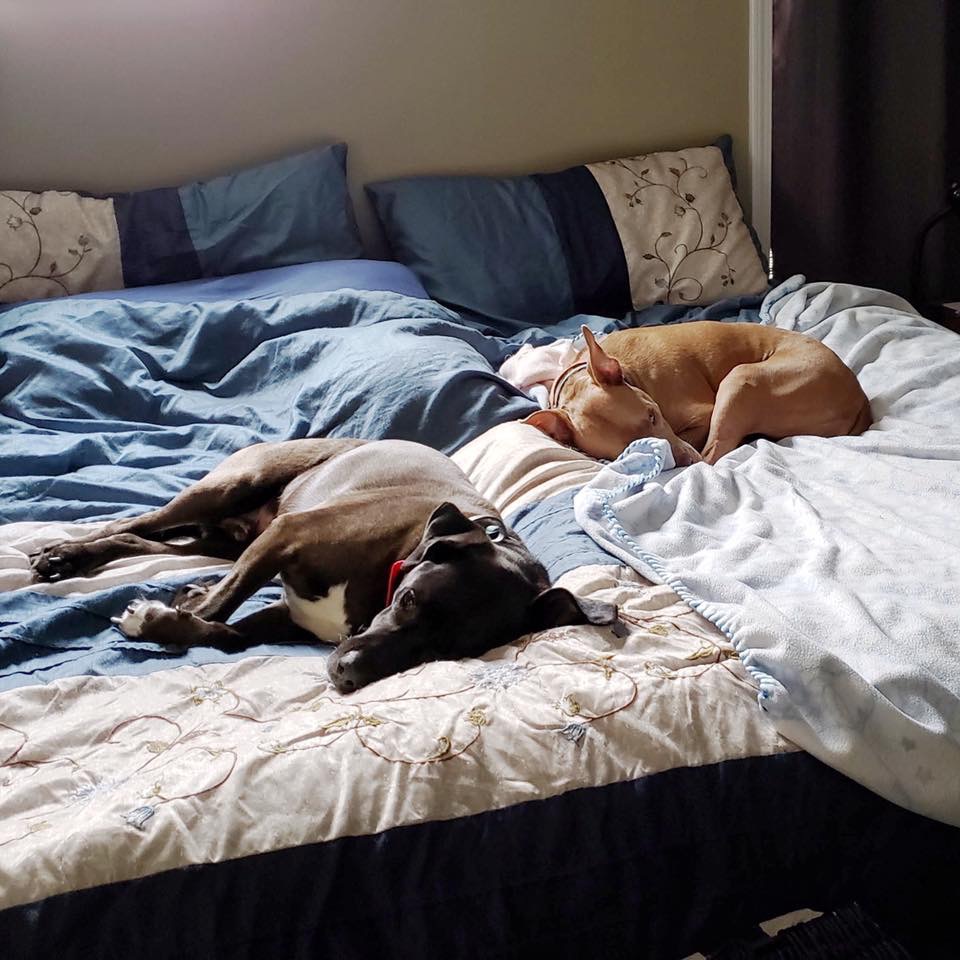
I am thankful for my dogs, Salvatore and Willow, because they warm up the bed before I have to get in it! -Michelle
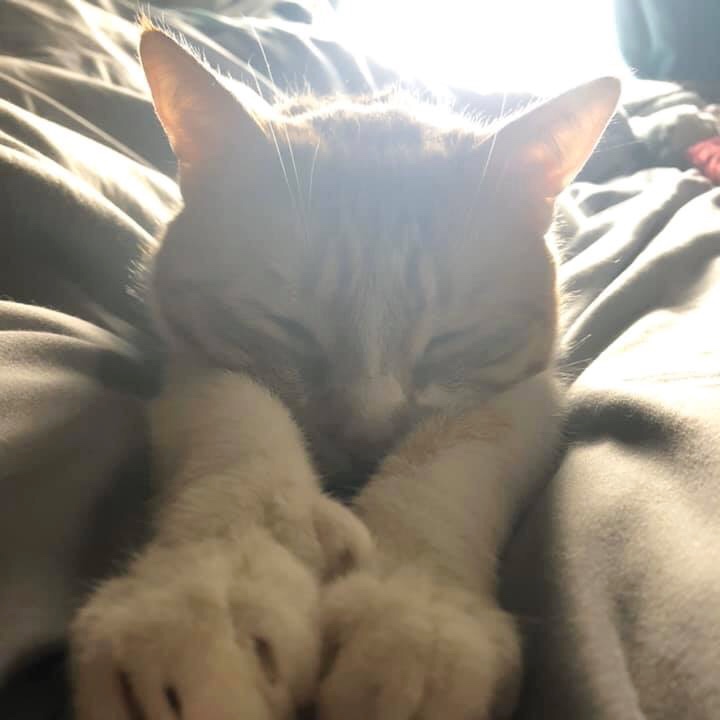
I’m thankful for Fergus, for being my right hand man day in and day out. -Jess D
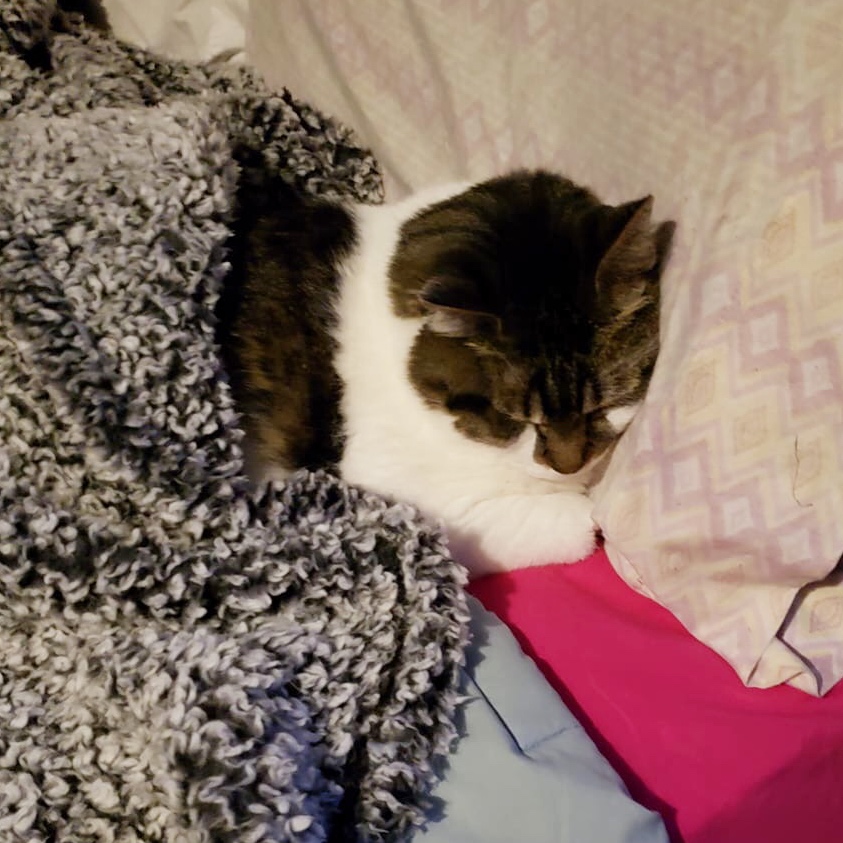
I’m thankful for my cat Selia because she is a good snuggler and she’s always there for me when I’m down. -Kayla
Thankful for Willow and Odin because they are my fur-family. – Jess H
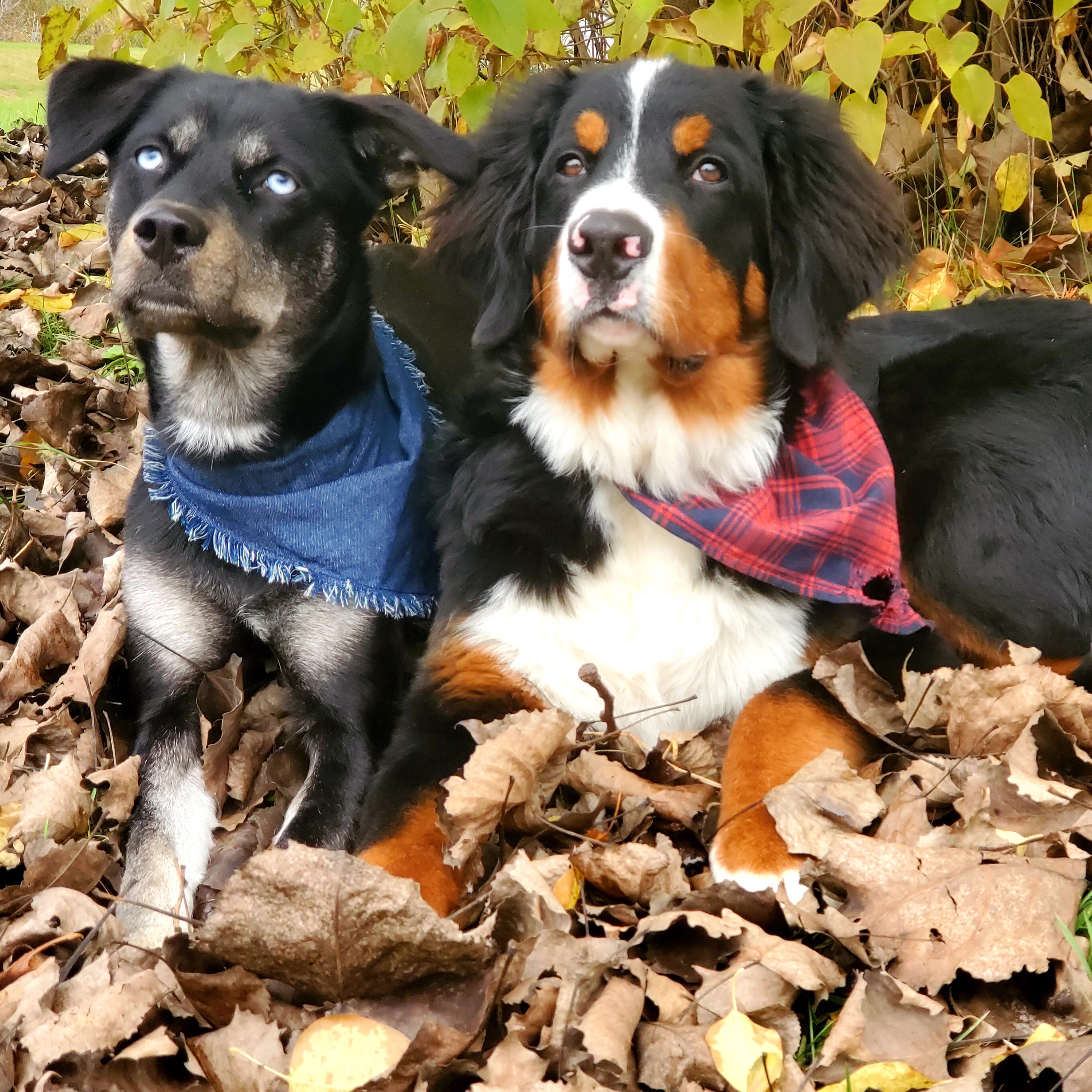
I am thankful for my pups because they know the value of a nap. – Dr. David Wagoner
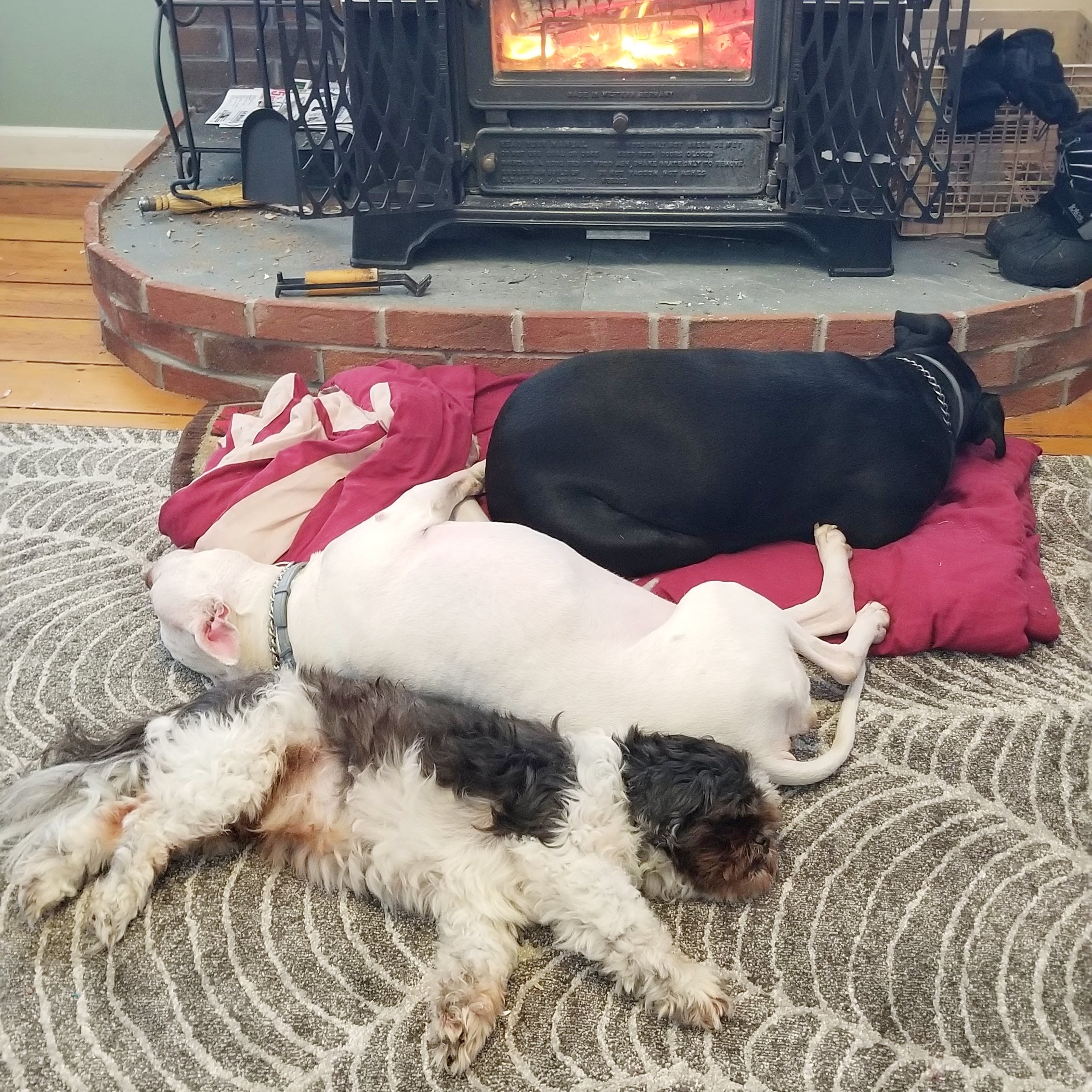
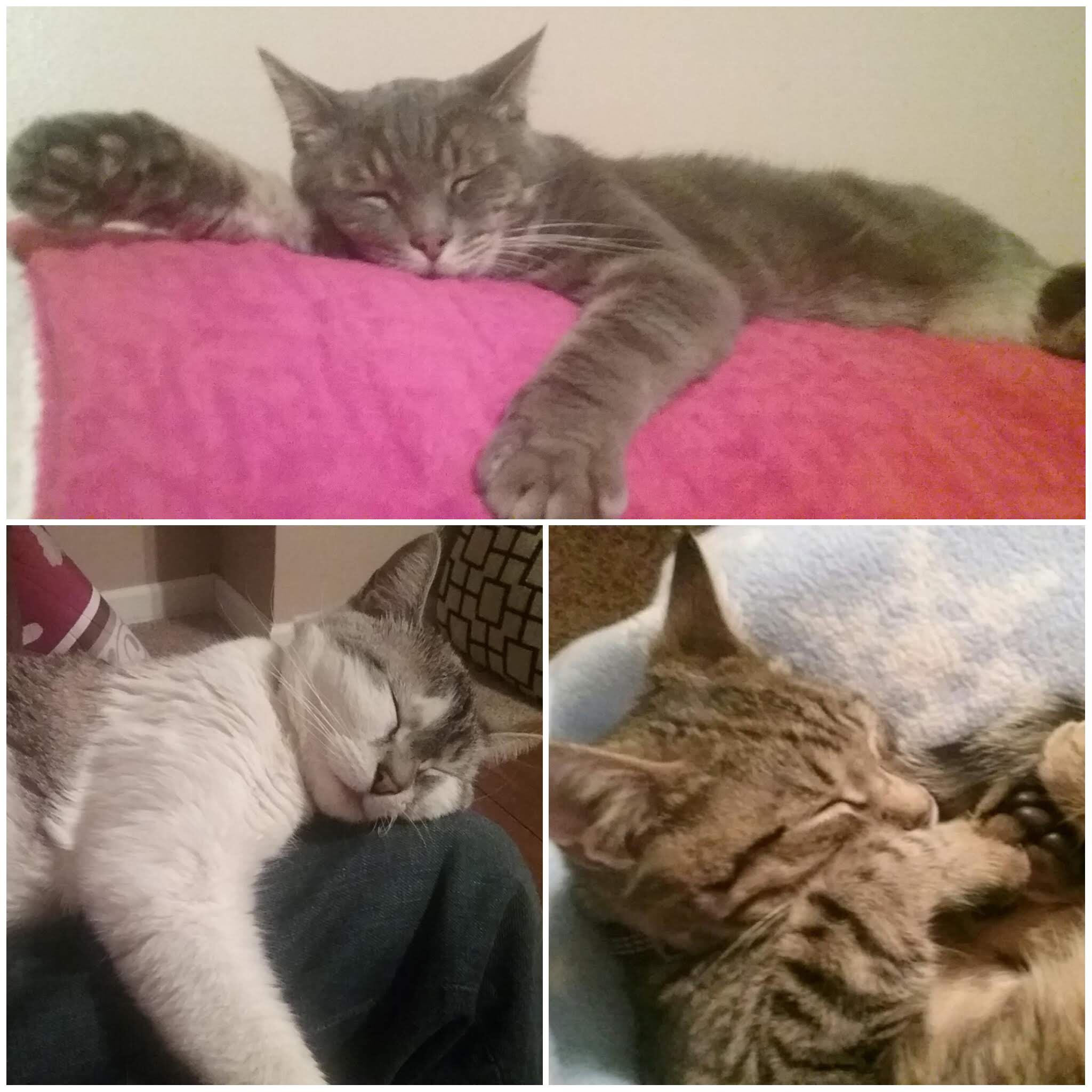
Thankful that Mischa, Jose, Sake, Fenway, and Tater Tot all keep me warm, and are a good emotional support group. – Lynn
